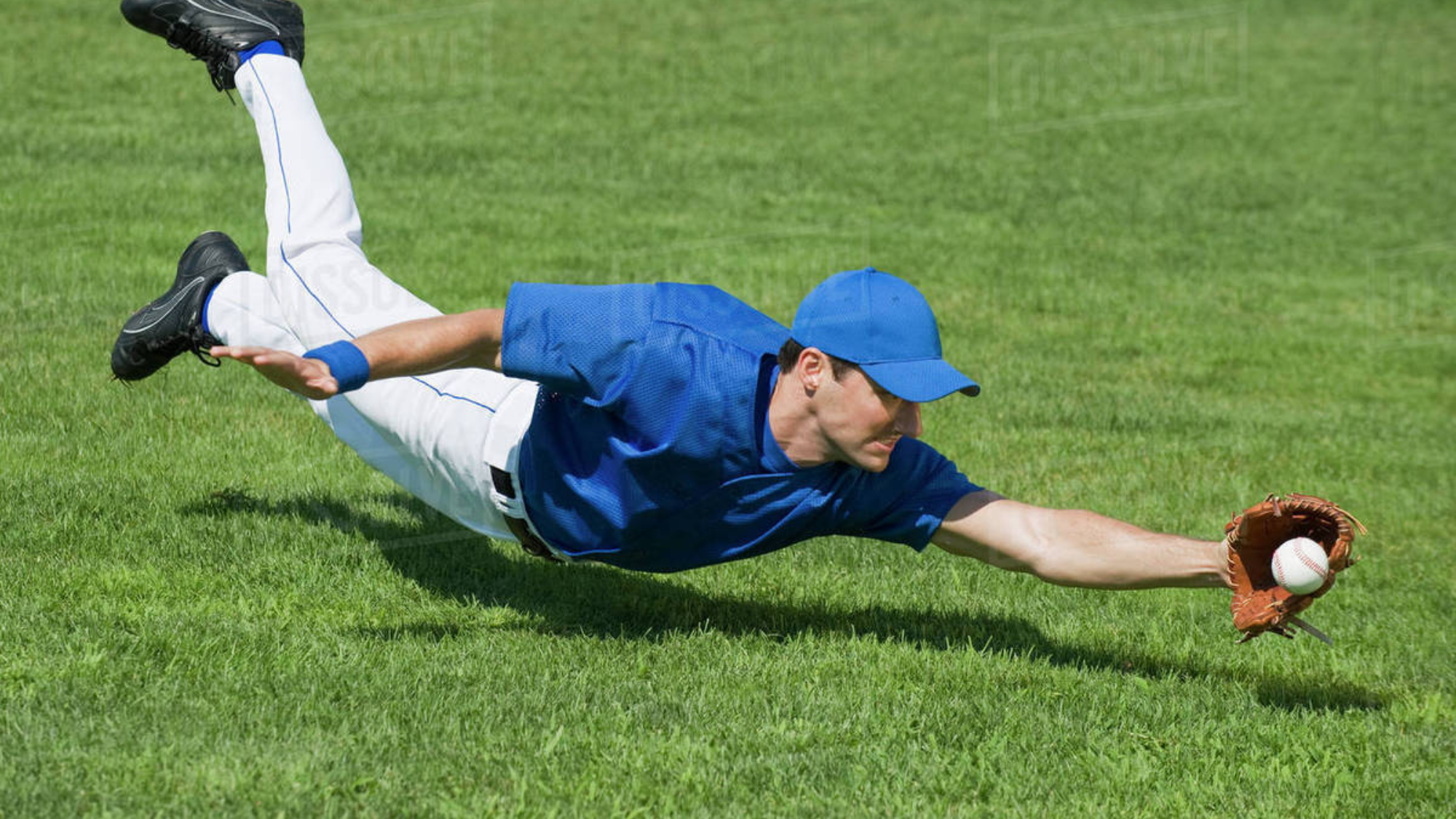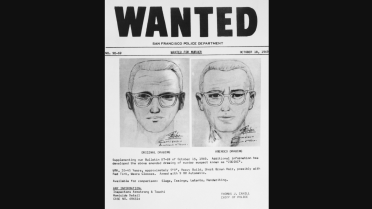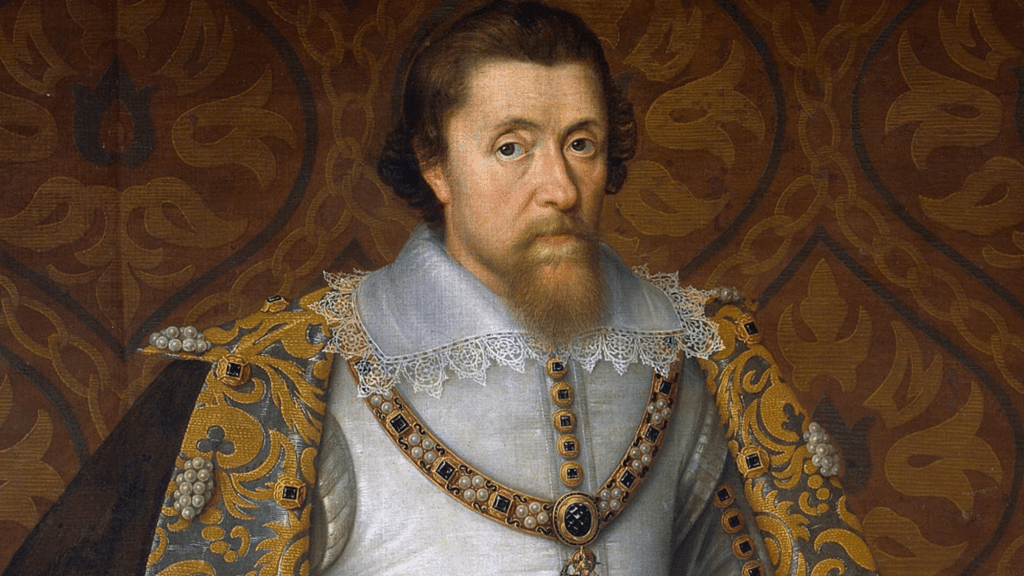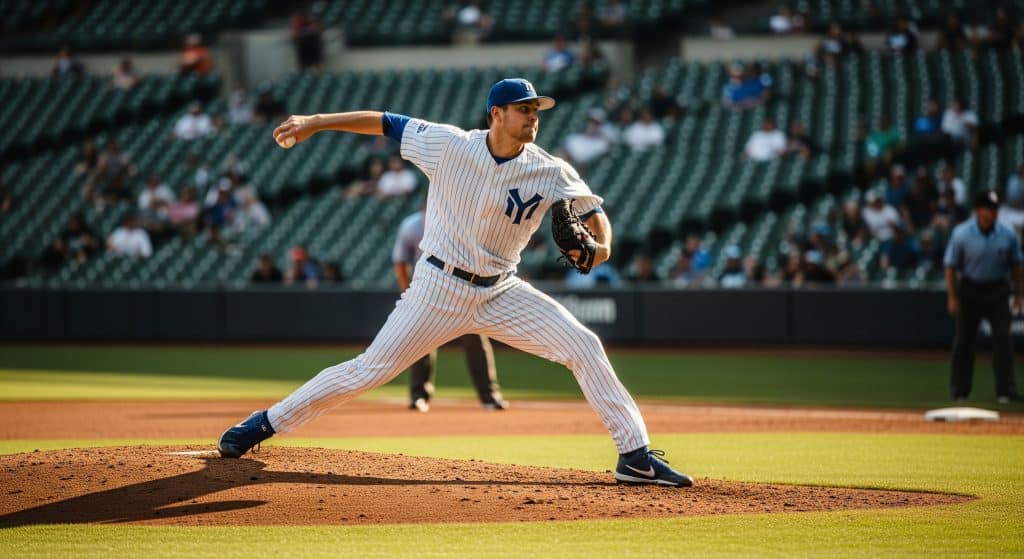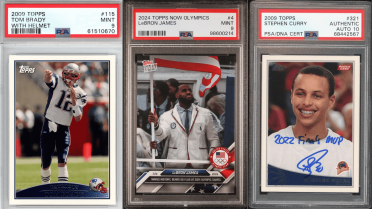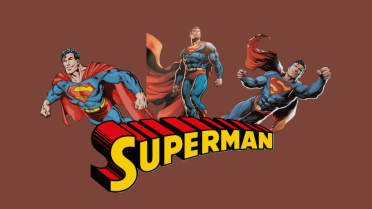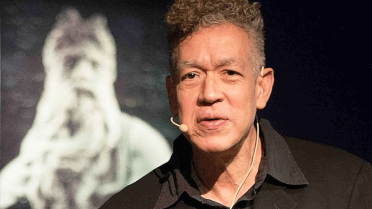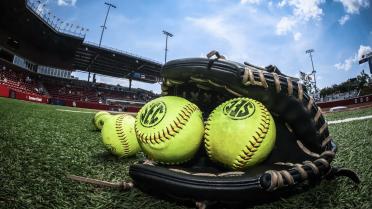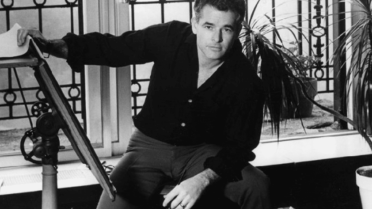Being a catcher is no easy job.
You have to call pitches, block tough throws, throw out base runners, and do it all while crouching for nine innings.
It takes real skill and toughness.
Some catchers were known for their defense, others for their hitting, and a few could do both.
These players helped shape how the position is played today.
Ready to see the list of best catchers of all time? Let’s give these baseball legends the credit they deserve.
1. Johnny Bench
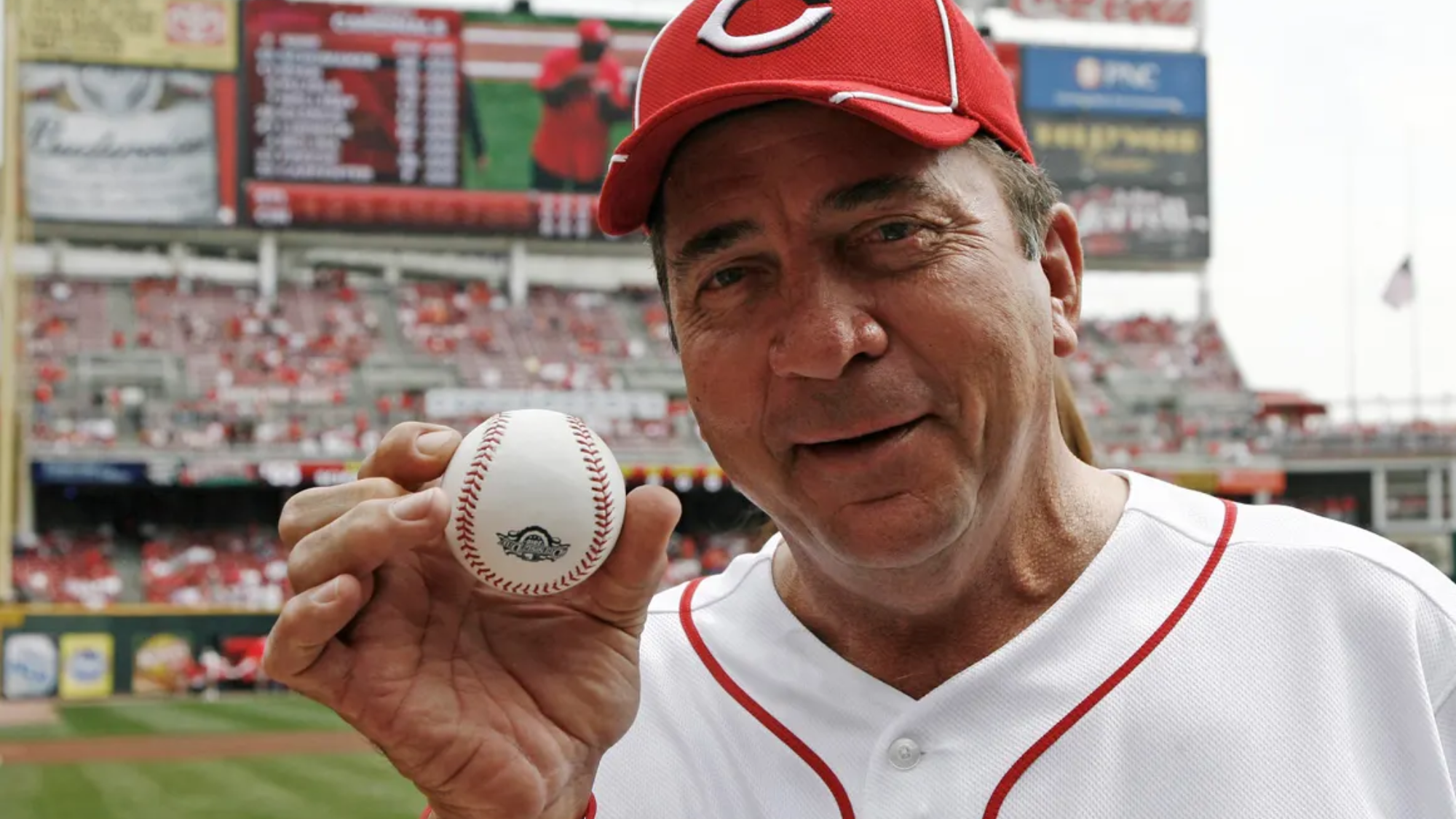
Johnny Bench is widely considered the greatest catcher in baseball history.
As the heart of the Cincinnati Reds’ legendary “Big Red Machine” in the 1970s, Bench brought power, leadership, and innovation to the position.
He won two National League MVPs, made 14 All-Star teams, and led the Reds to two World Series titles.
Known for his strong arm and quick release, he shut down base stealers with ease and changed how catchers played defense.
2. Yogi Berra
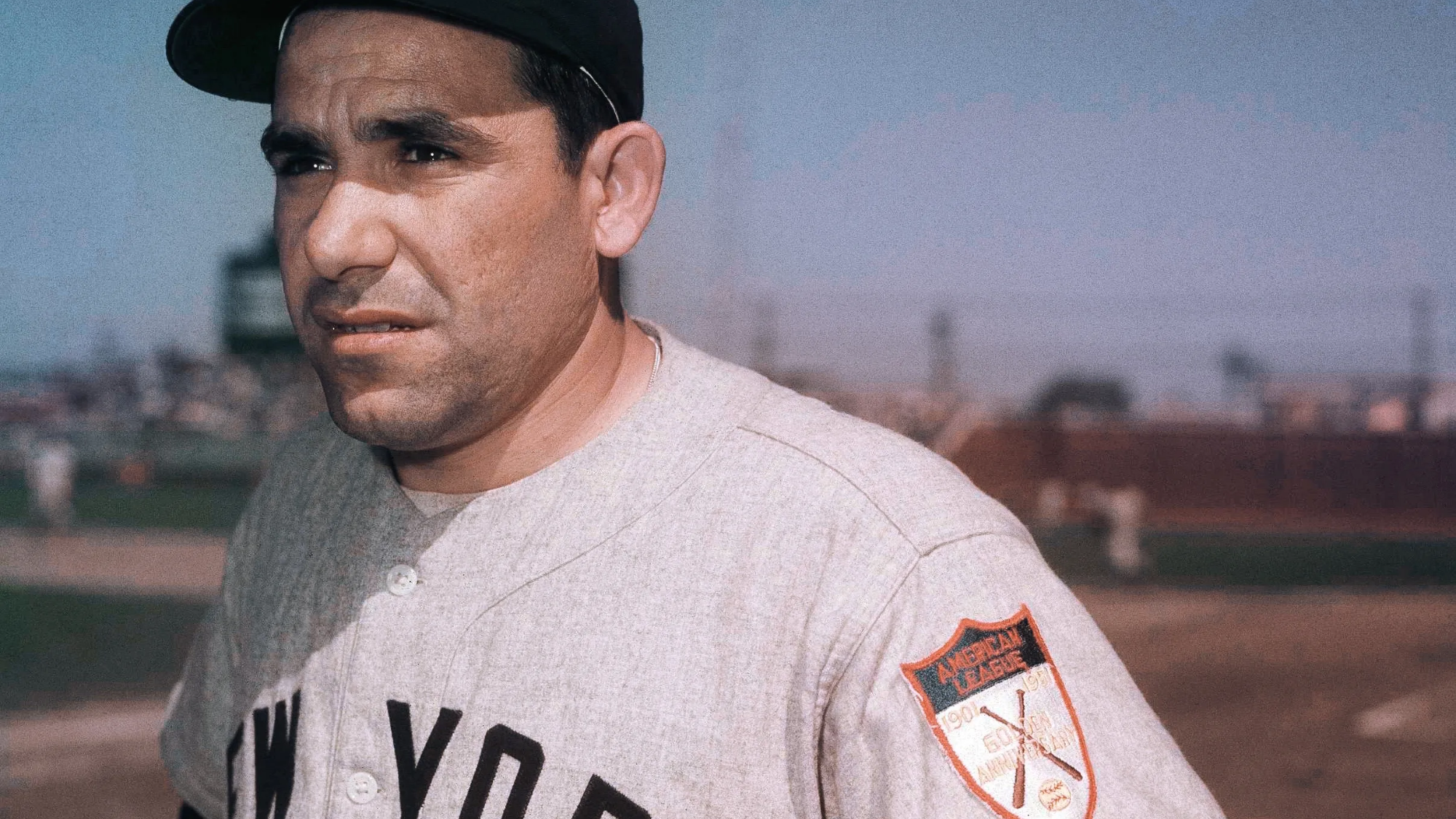
Yogi Berra is one of the most successful players in baseball history.
As a key figure for the New York Yankees during their golden era, he won an unmatched 10 World Series championships and earned three MVP awards.
Famous for his clutch performances, steady presence behind the plate, and memorable “Yogi-isms,” he was as respected for his leadership and game-calling as he was for his bat.
3. Ivan “Pudge” Rodriguez
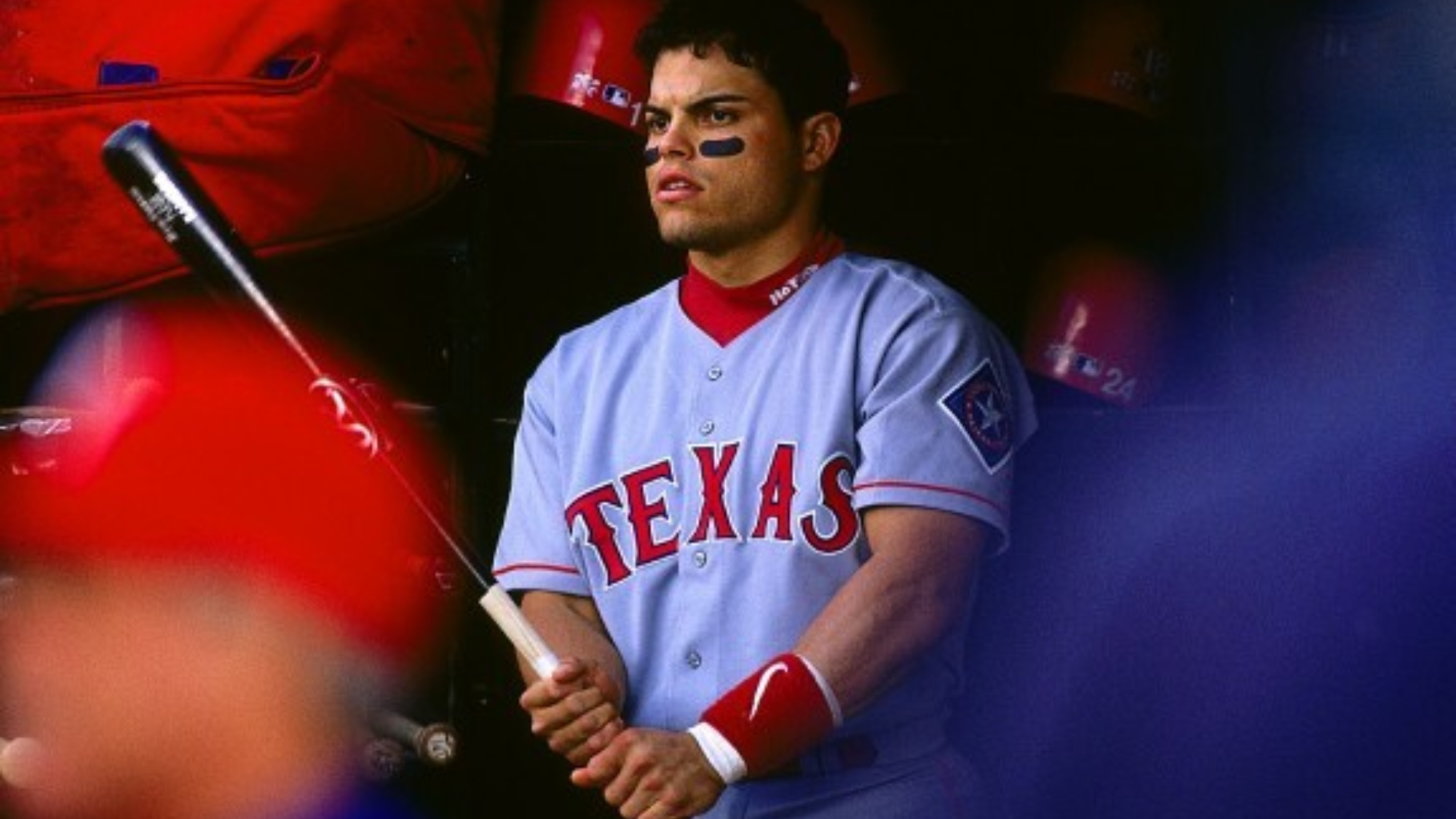
Ivan “Pudge” Rodriguez redefined the catcher position in the modern times.
With 14 All-Star selections, 13 Gold Gloves, and over 2,800 hits, Pudge blended elite defense with strong offensive output.
His cannon arm and quick reflexes made him a nightmare for base stealers, and pitchers highly trusted him for his game management and leadership.
4. Mike Piazza
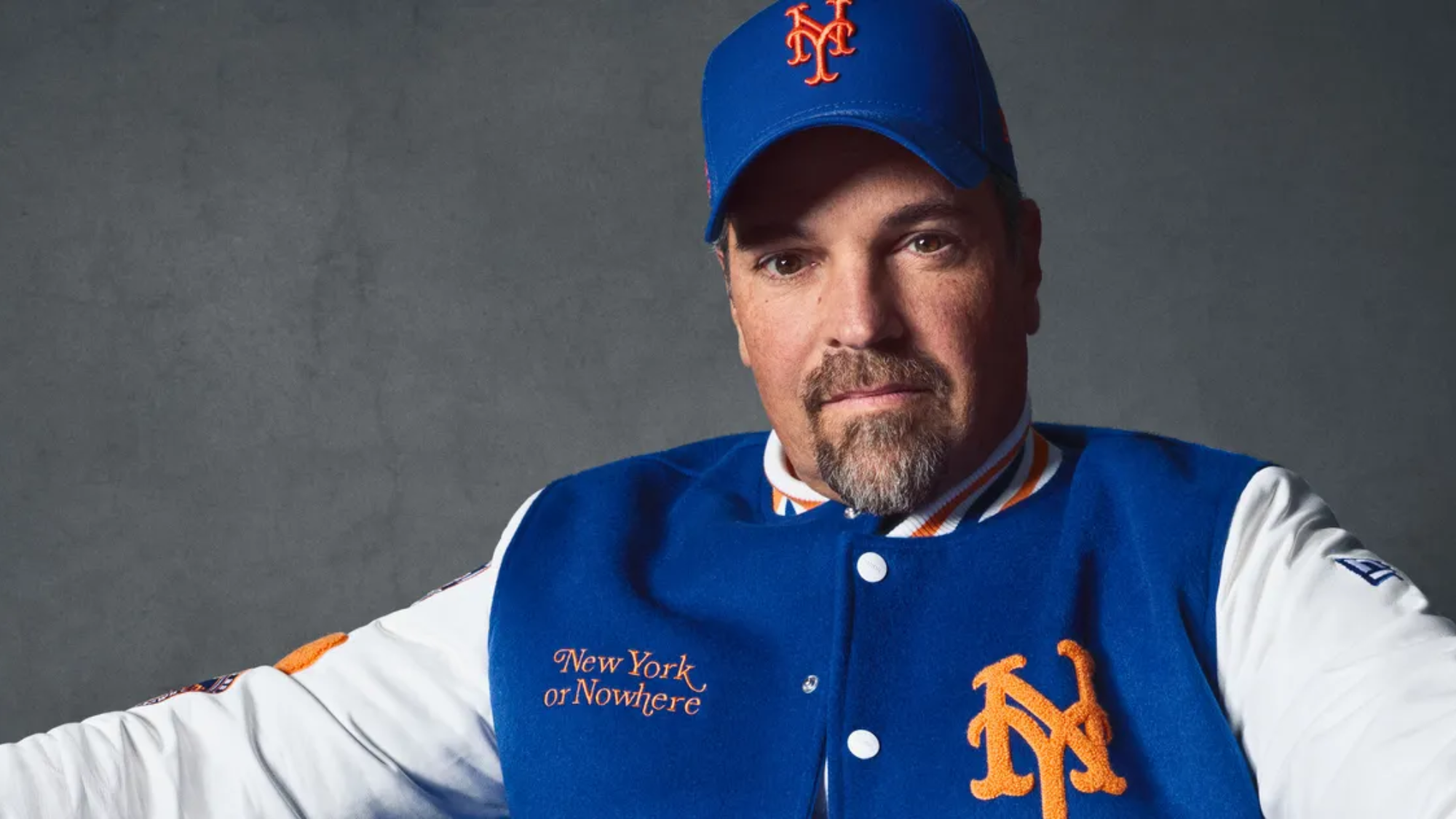
Mike Piazza is often considered the greatest offensive catcher in baseball history.
Drafted in the 62nd round, he beat the odds to become a 12-time All-Star, hitting 427 home runs and posting a .308 career batting average.
Piazza was a constant power threat with the Dodgers and Mets, known for his timely hitting and ability to carry a lineup.
Though his defensive skills were average, his impact at the plate made him a legend.
5. Roy Campanella
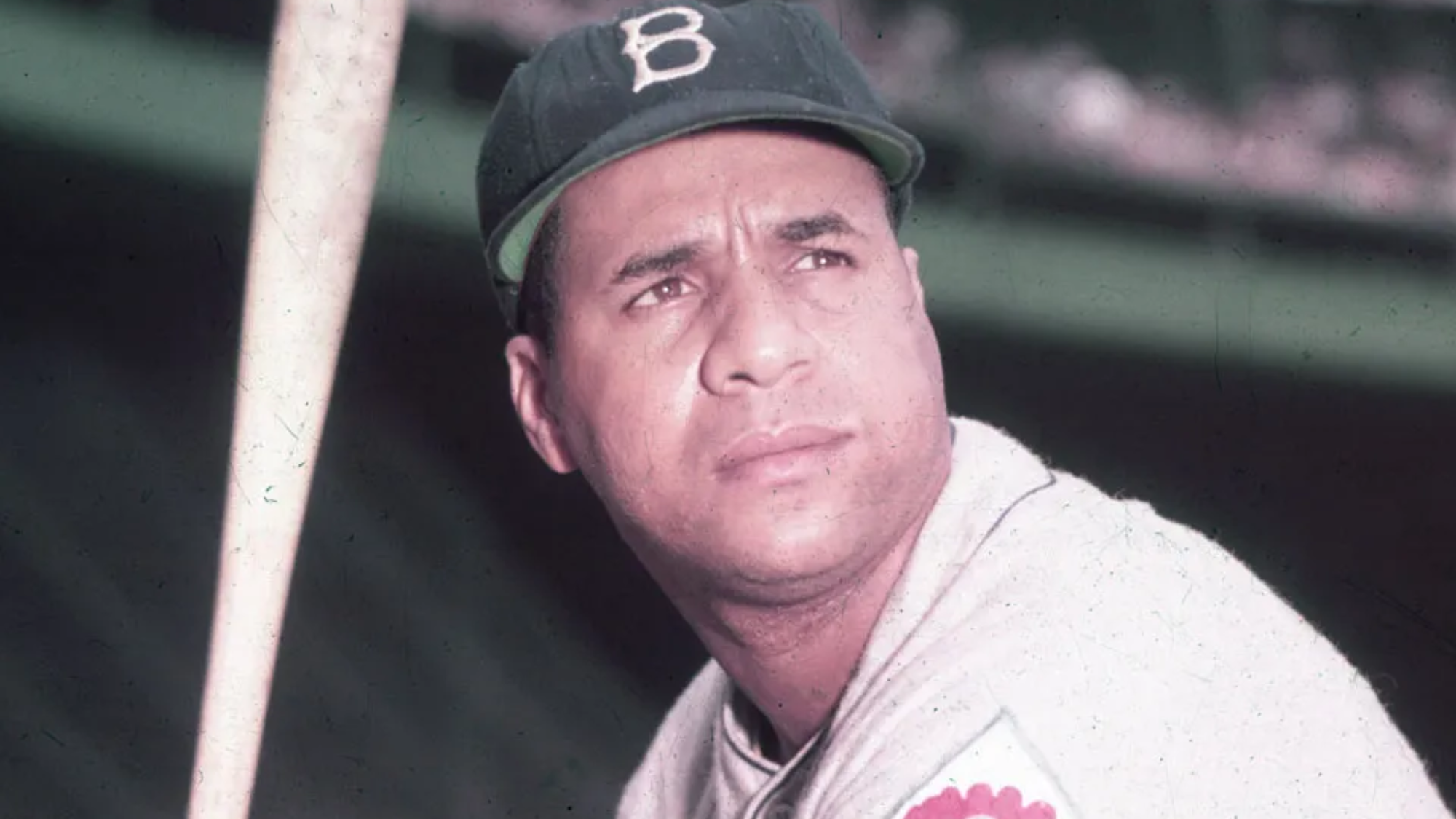
Roy Campanella was a powerhouse behind the plate for the Brooklyn Dodgers in the 1950s.
A three-time MVP, Campanella combined strength, smarts, and leadership to help guide the Dodgers to their first-ever World Series title in 1955.
Known for his strong arm and clutch hitting, he played a key role during baseball’s integration era.
Tragically, his career ended early due to a car accident that left him paralyzed, but his grip on the game and role as a pioneer remain deeply respected.
6. Carlton Fisk
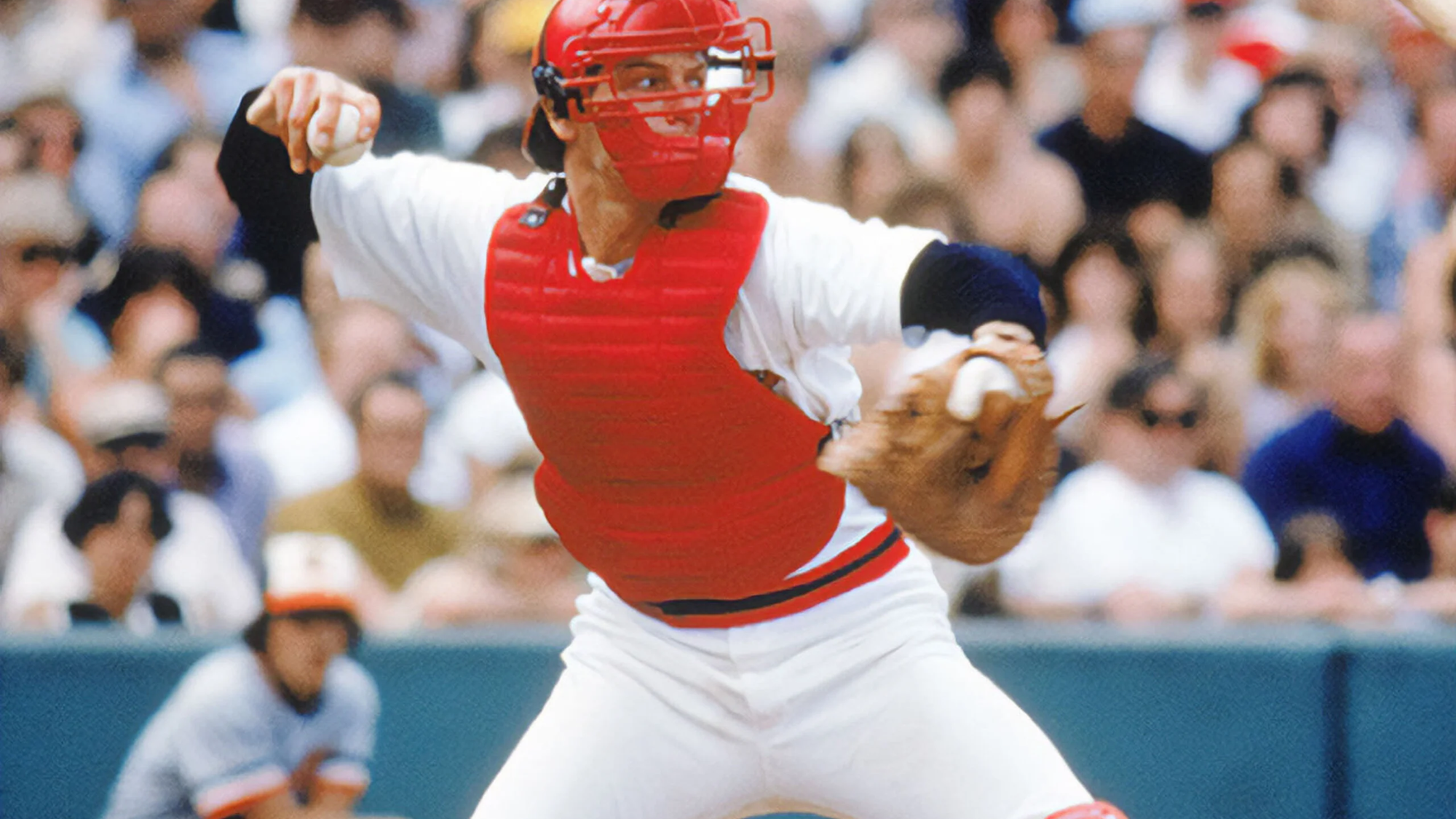
Carlton Fisk is remembered for his unforgettable walk-off home run in Game 6 of the 1975 World Series, but his career spanned 24 years of toughness, durability, and consistent production.
Playing for both the Boston Red Sox and Chicago White Sox, Fisk earned 11 All-Star selections and hit 376 home runs, an incredible total for a catcher.
He was known for his gritty style, leadership on the field, and ability to manage pitchers with skill and intensity.
7. Gary Carter
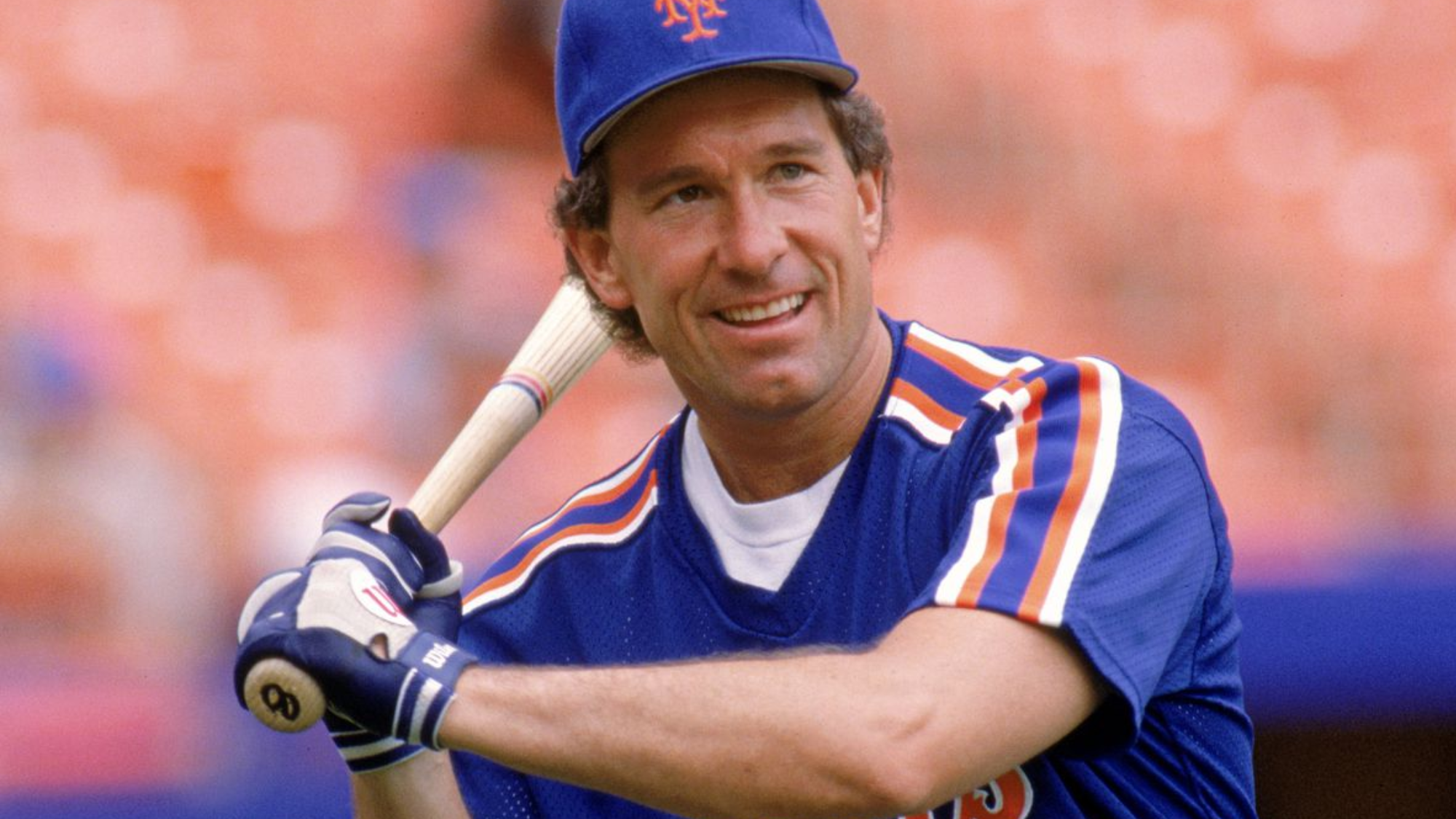
Nicknamed “The Kid,” Gary Carter played with relentless energy and enthusiasm that made him a fan favorite and a leader in every clubhouse.
Known for his stellar defense and strong offensive skills, Carter was a cornerstone for the Montreal Expos and later played a crucial role in the New York Mets’ 1986 World Series win.
He was a master at working with pitchers, helping them maximize their performance with his strategic game-calling.
Offensively, he provided power at the plate, hitting over 300 career home runs.
8. Buster Posey
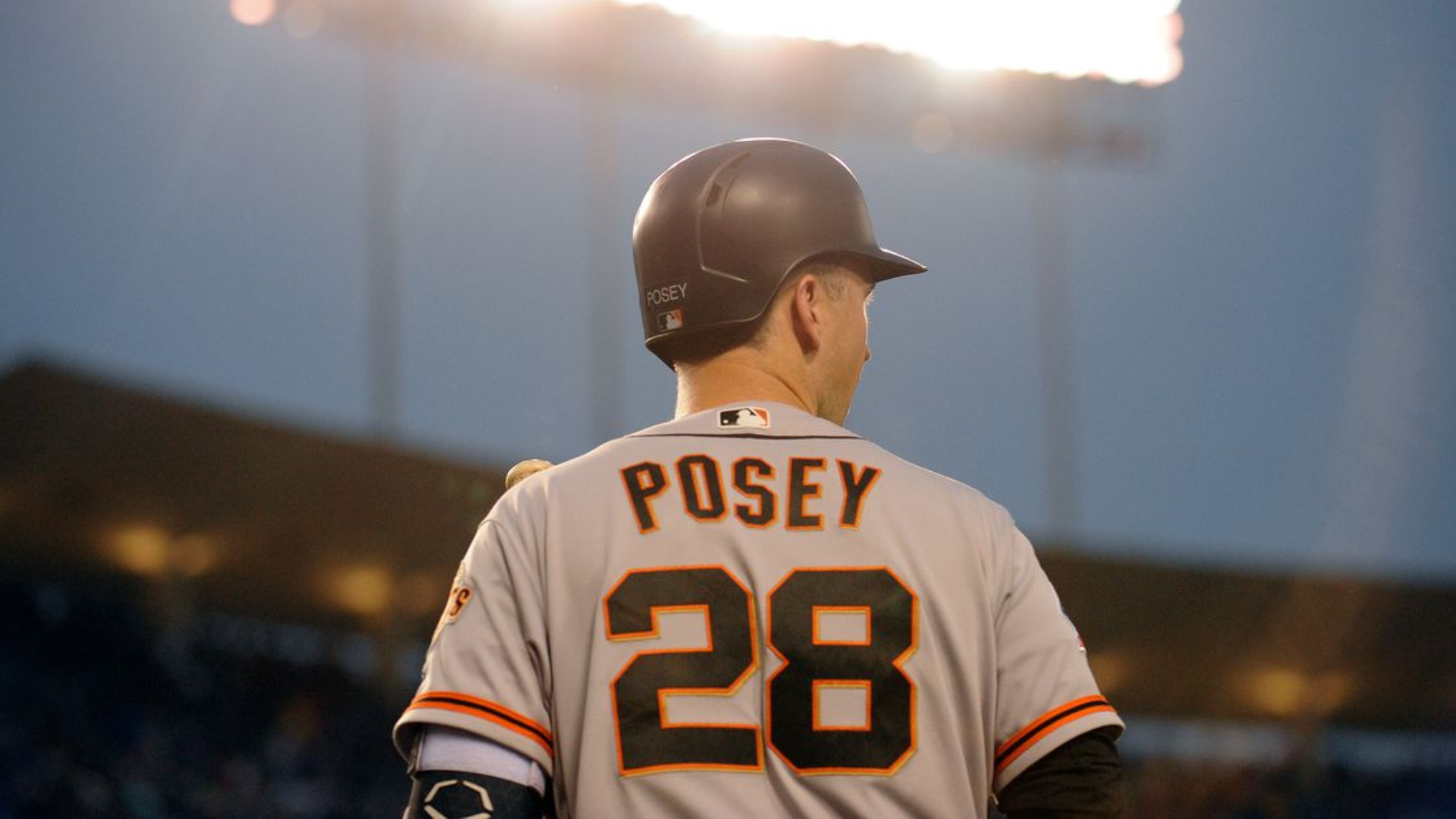
The heart and soul of the San Francisco Giants’ early 2010s dynasty, Buster Posey guided the team to three World Series championships in 2010, 2012, and 2014.
As a calm, steady presence behind the plate, Posey was known for his elite pitch framing, leadership, and ability to handle elite pitching staffs.
He also excelled with the bat, winning the 2012 NL MVP and maintaining a .302 career batting average.
9. Yadier Molina
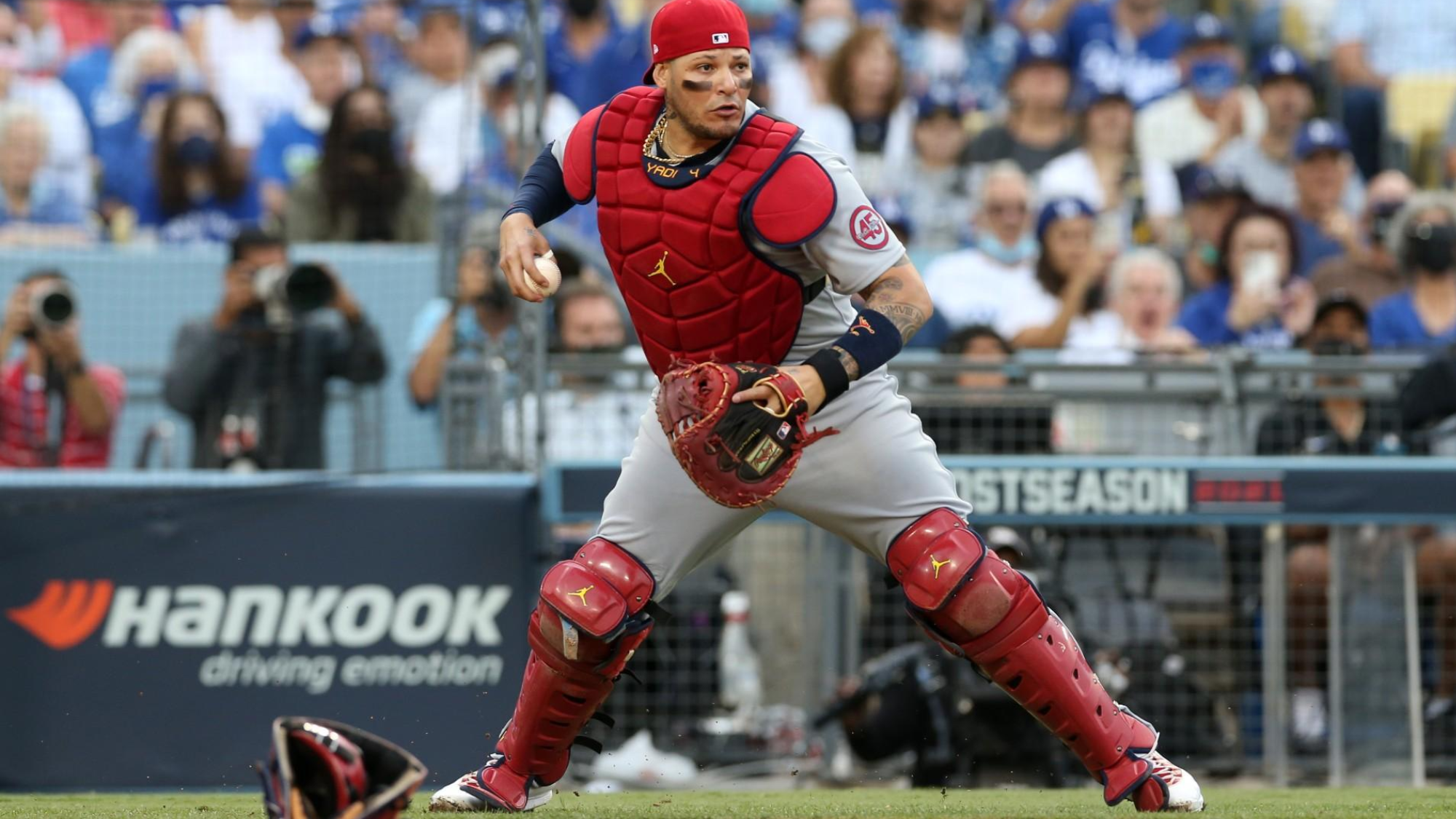
A defensive wizard and a legend in St. Louis, Yadier Molina anchored the Cardinals for nearly two decades.
With nine Gold Gloves to his name, Molina was known for controlling the run game with his lightning-quick throws and unshakable game management.
He played in four World Series and helped lead the Cardinals to two championships, all while becoming a mentor to countless pitchers.
10. Thurman Munson
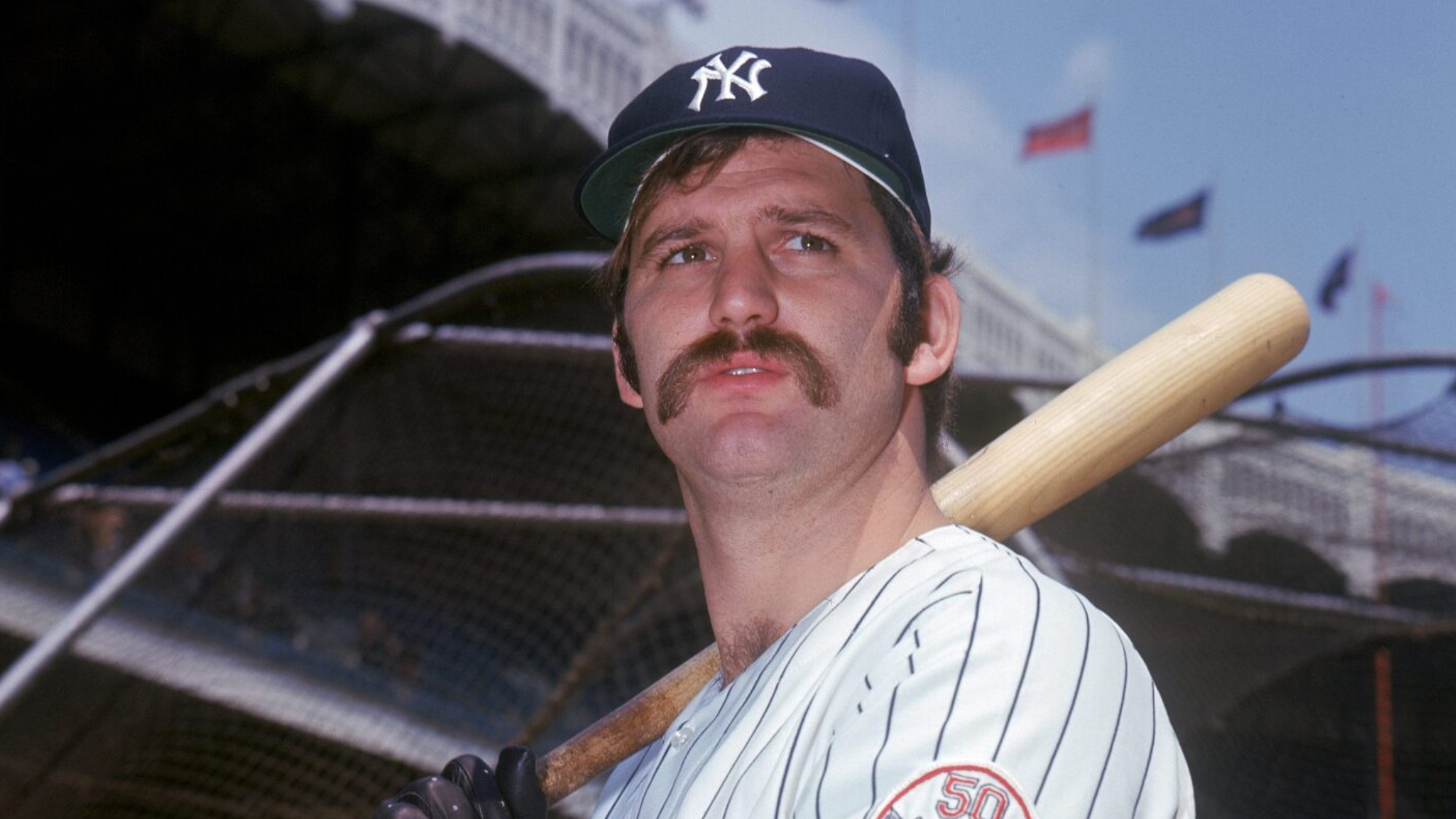
Thurman Munson was the heart of the New York Yankees during the 1970s and one of the most intense, competitive players of his time.
He led the Yankees to back-to-back World Series titles in 1977 and 1978 and was known for his toughness, clutch hitting, and strong work behind the plate.
His tragic death in a plane crash in 1979 cut his brilliant career short, but Munson’s legacy as a fierce competitor and team captain still connects with fans and players alike.
11. Ted Simmons
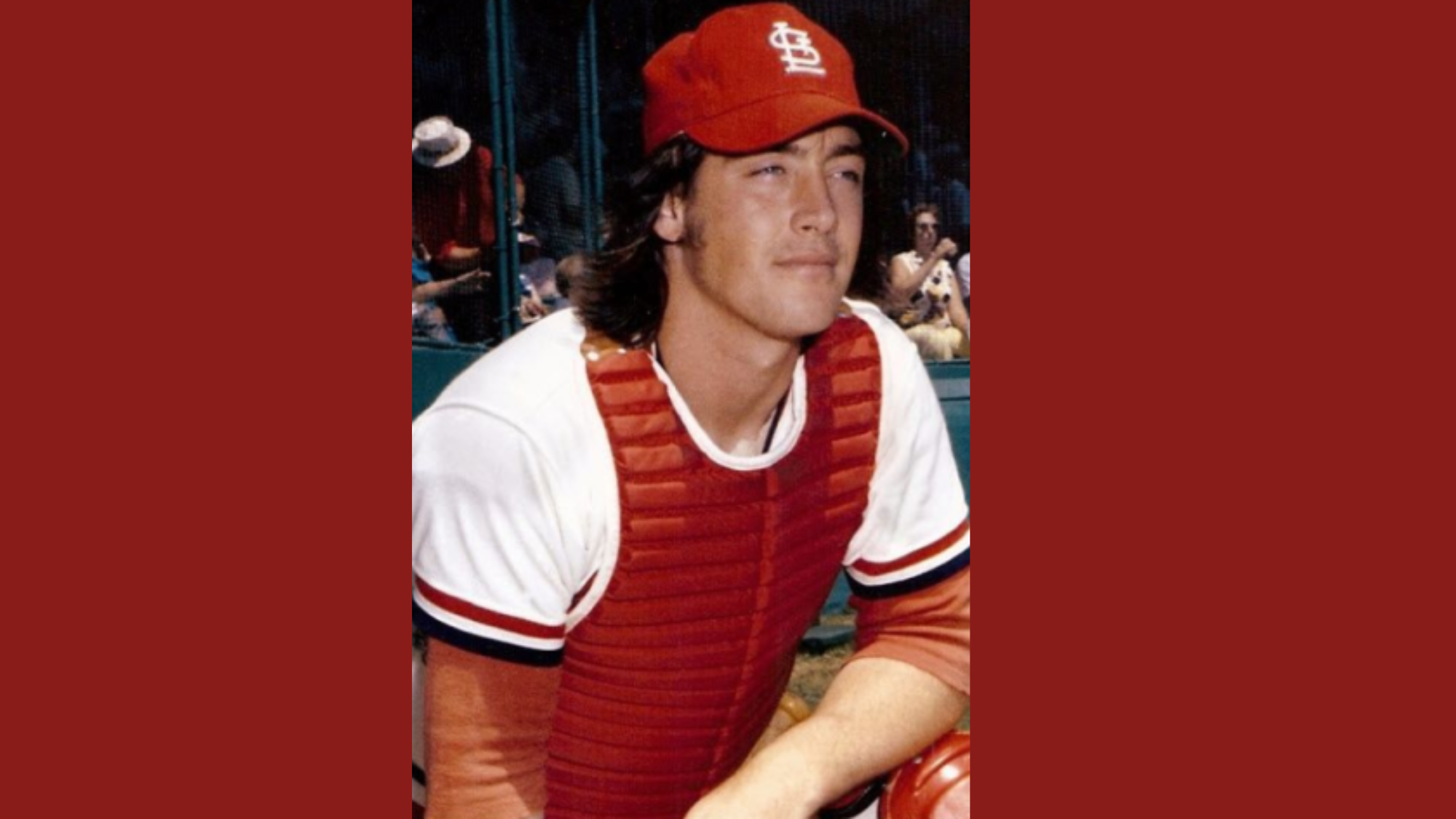
Ted Simmons had a remarkably consistent and long-lasting career, playing 21 seasons in the majors with the Cardinals, Brewers, and Braves.
He earned eight All-Star selections and posted more than 2,400 hits and 248 home runs. Simmons was a switch-hitter with excellent bat control and a smart, reliable presence behind the plate.
While he wasn’t known for flashy defense, his offensive consistency and ability to guide pitching staffs made him an underrated but highly effective catcher.
12. Bill Dickey
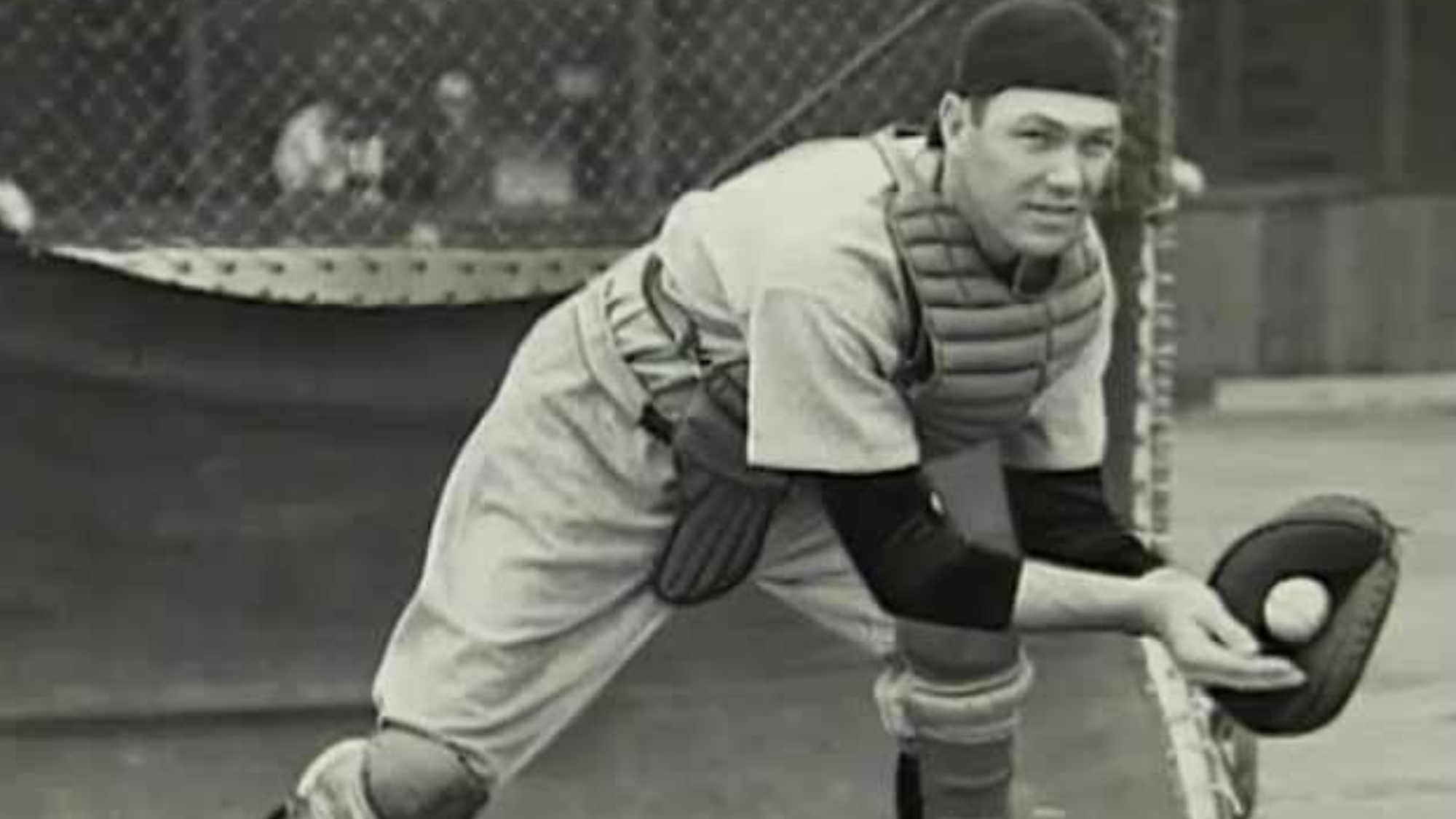
Bill Dickey was one of the most important players during the New York Yankees’ early dynasty years.
A key part of nine World Series championships, Dickey combined a smooth left-handed swing with defensive instincts.
He was also a strong leader and mentor, most notably to a young Yogi Berra.
Known for his calm demeanor and technical excellence, Dickey was instrumental in helping establish the Yankees as the sport’s gold standard during the 1930s and 1940s.
13. Jason Varitek
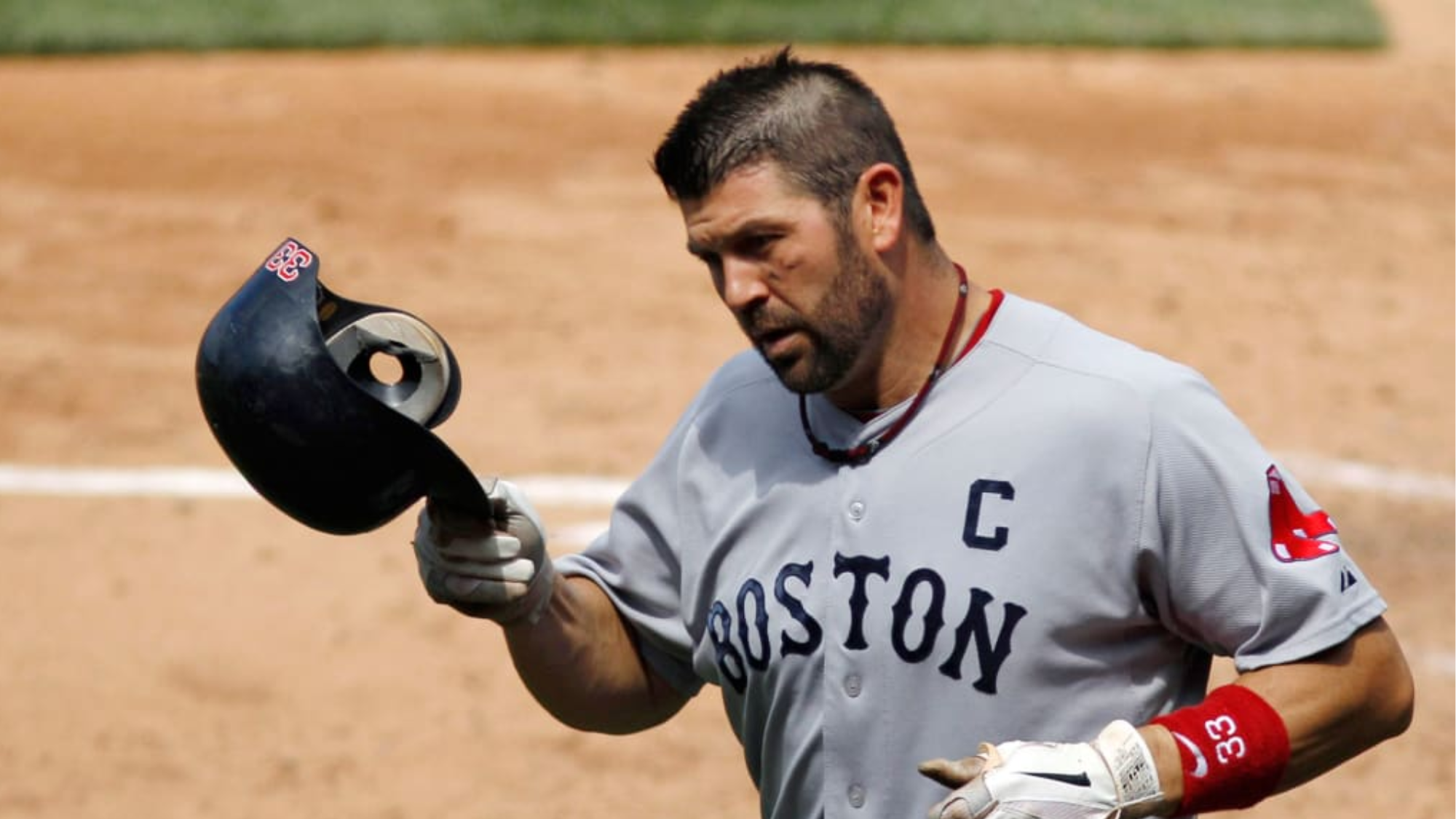
Jason Varitek was the backbone of the Boston Red Sox during their championship runs in the early 2000s.
As team captain, he was revered for his leadership, toughness, and ability to manage a pitching staff.
Varitek played a key role in ending Boston’s 86-year title drought with the 2004 World Series win and added another ring in 2007.
He hit eight postseason home runs, came through in clutch moments, and was a calming, strategic presence behind the plate.
14. Mike Scioscia
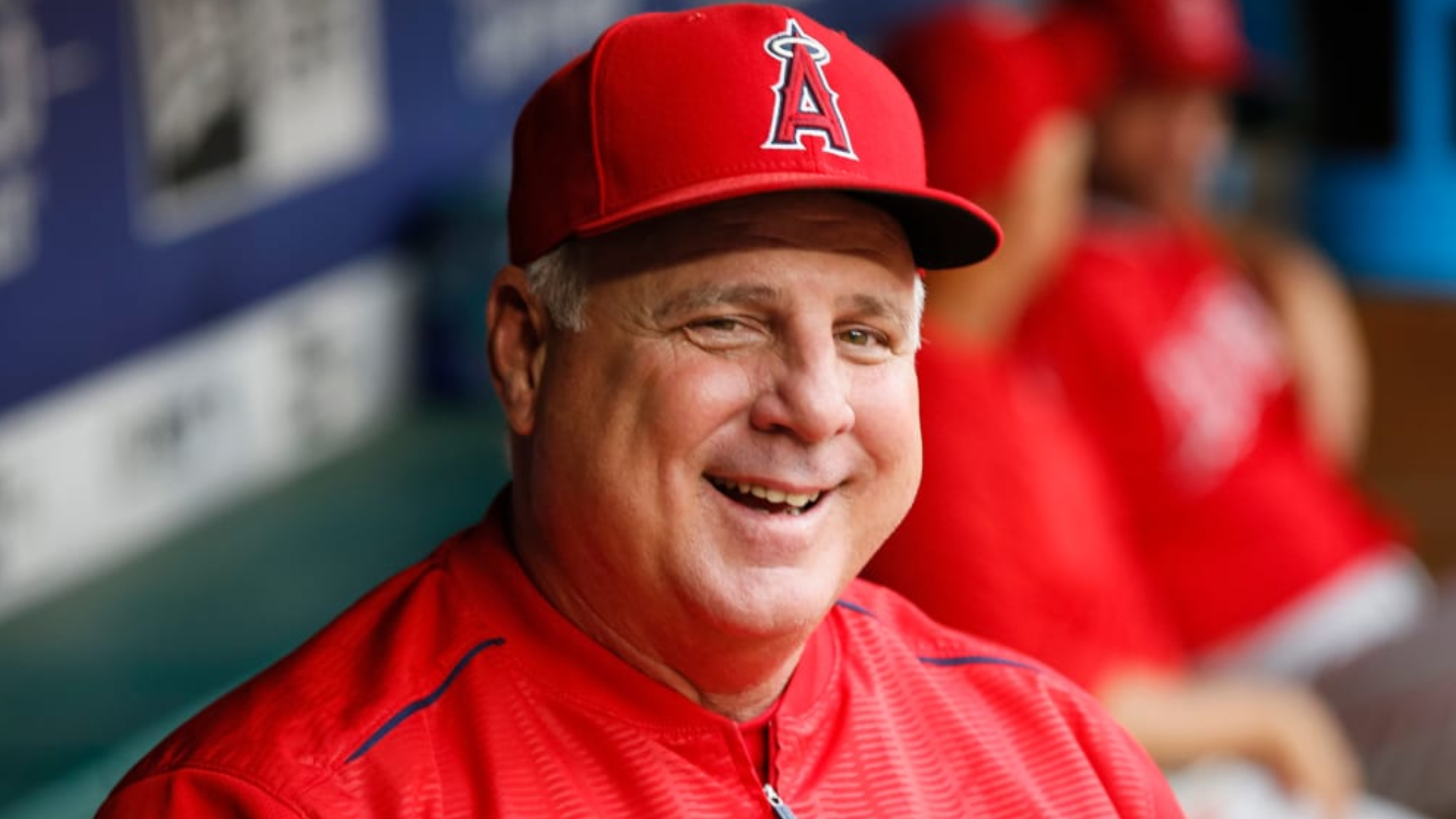
Before he became a World Series-winning manager, Mike Scioscia was a standout catcher for the Los Angeles Dodgers throughout the 1980s.
Known for his strong defense, leadership, and ability to frame pitches effectively, he helped guide the Dodgers’ pitching staff to success in two championship seasons (1981 and 1988).
Scioscia wasn’t a flashy hitter, but he was tough, thoughtful, and durable, blocking the plate fearlessly and calling games with precision.
15. Jason Kendall
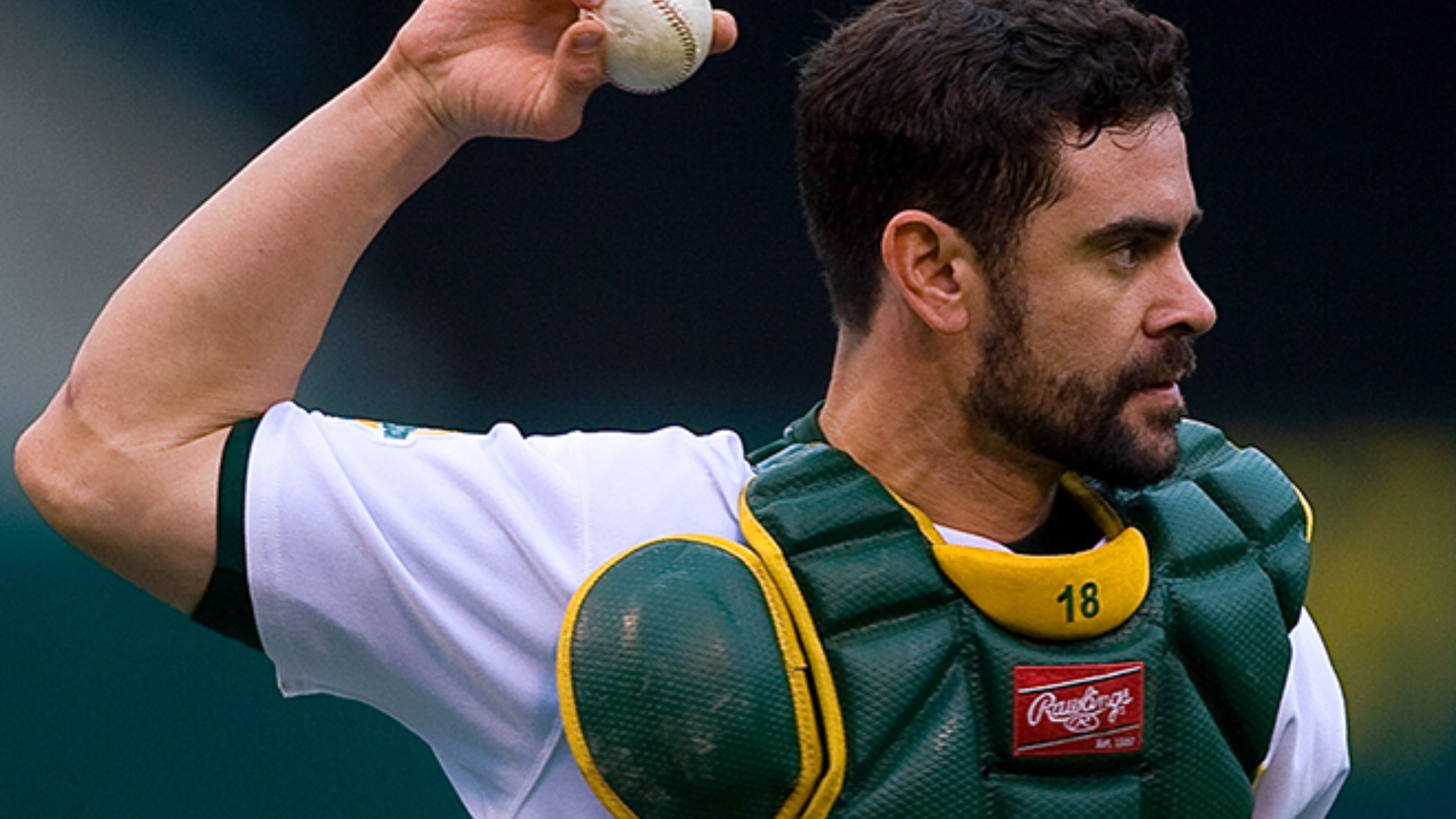
Jason Kendall was one of the most athletic and unconventional catchers in MLB history.
Known for his speed, a rare asset for a catcher, he stole 189 bases during his career and consistently hit for average, finishing with over 2,000 hits.
A three-time All-Star, Kendall spent most of his career with the Pittsburgh Pirates before stints with the Athletics, Brewers, and others.
While not known for power, his toughness, defensive reliability, and ability to get on base made him a respected and unique presence behind the plate.
16. Gabby Hartnett
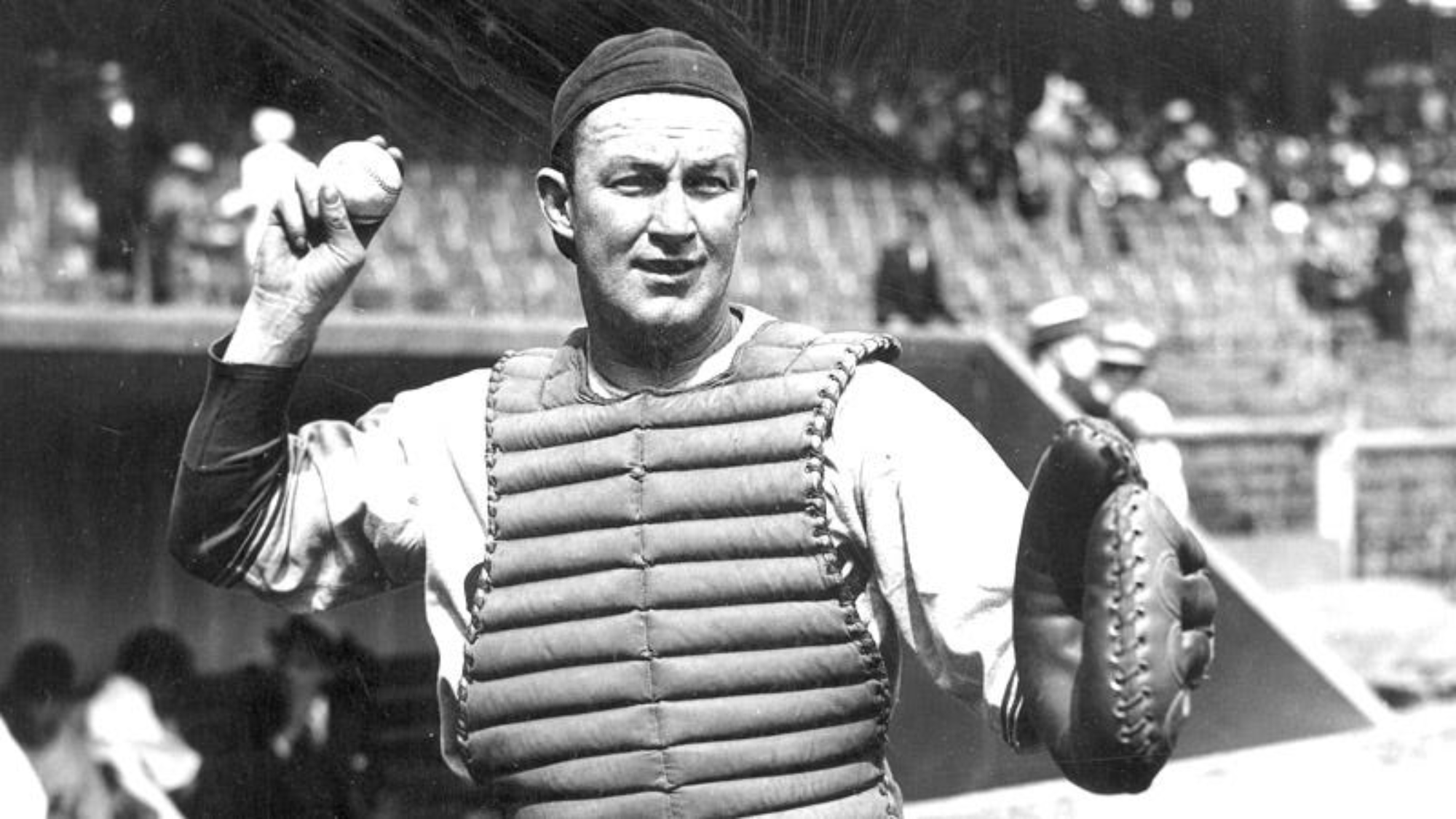
A key figure in Chicago Cubs history, Gabby Hartnett was one of the premier catchers of the 1920s and 1930s.
He is a seven-time All-Star, and he had a strong bat, finishing with a .297 career average and over 230 home runs, an impressive total for his era.
He was also a steady defensive backstop and a trusted leader.
Hartnett’s most popular moment came in 1938 when he hit the legendary “Homer in the Gloamin’,” a walk-off home run that helped push the Cubs into the postseason.
17. Salvador Perez
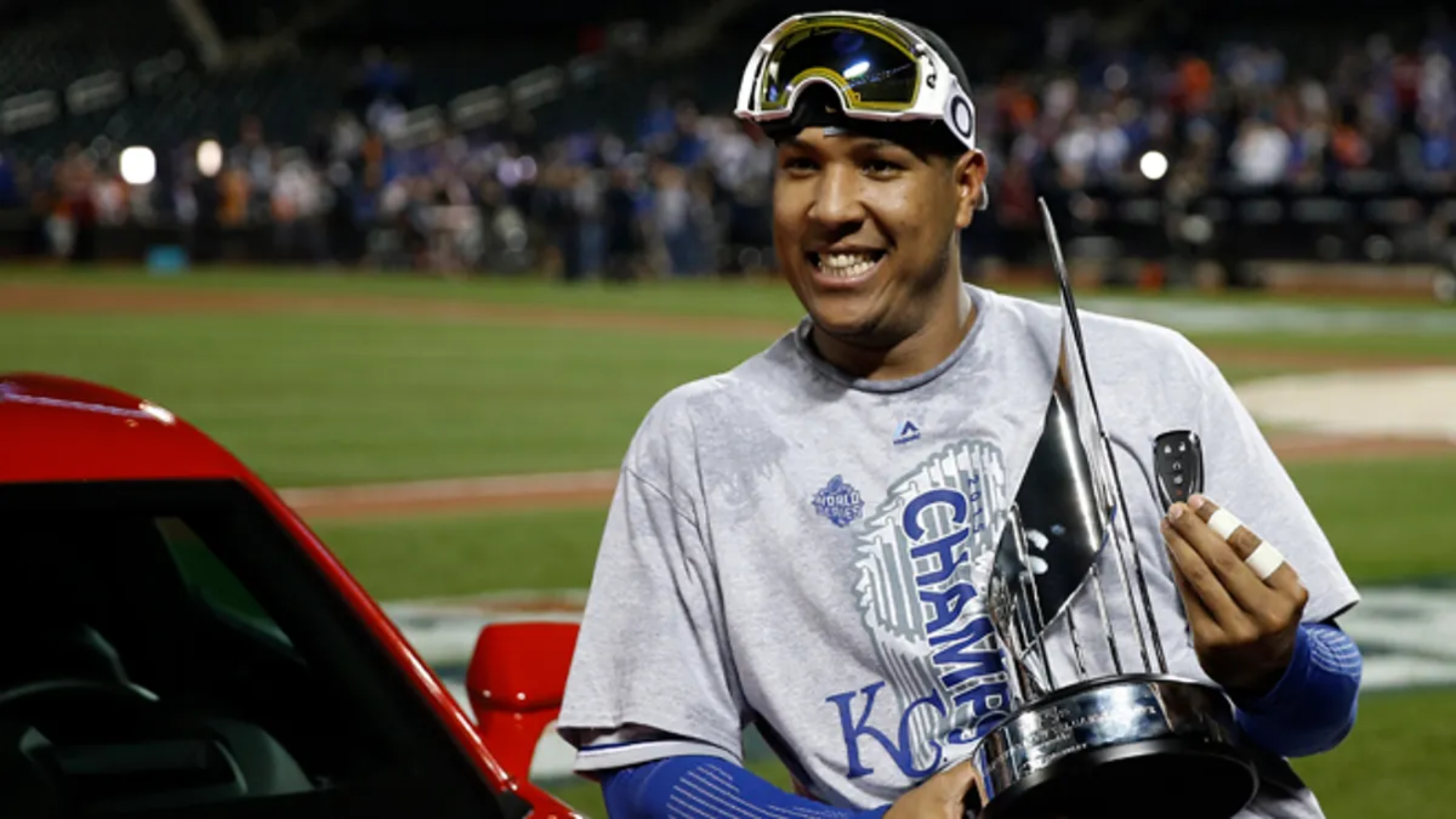
Salvador Perez has been the heart of the Kansas City Royals for over a decade, known for his fiery passion, strong leadership, and game-changing power.
He was instrumental in Kansas City’s back-to-back World Series appearances in 2014 and 2015, winning World Series MVP honors in their 2015 victory.
A multiple-time Gold Glove winner, Perez is feared for his quick release and powerful throwing arm.
Offensively, he is known for his ability to drive in runs and change games with one swing.
18. Yorvit Torrealba
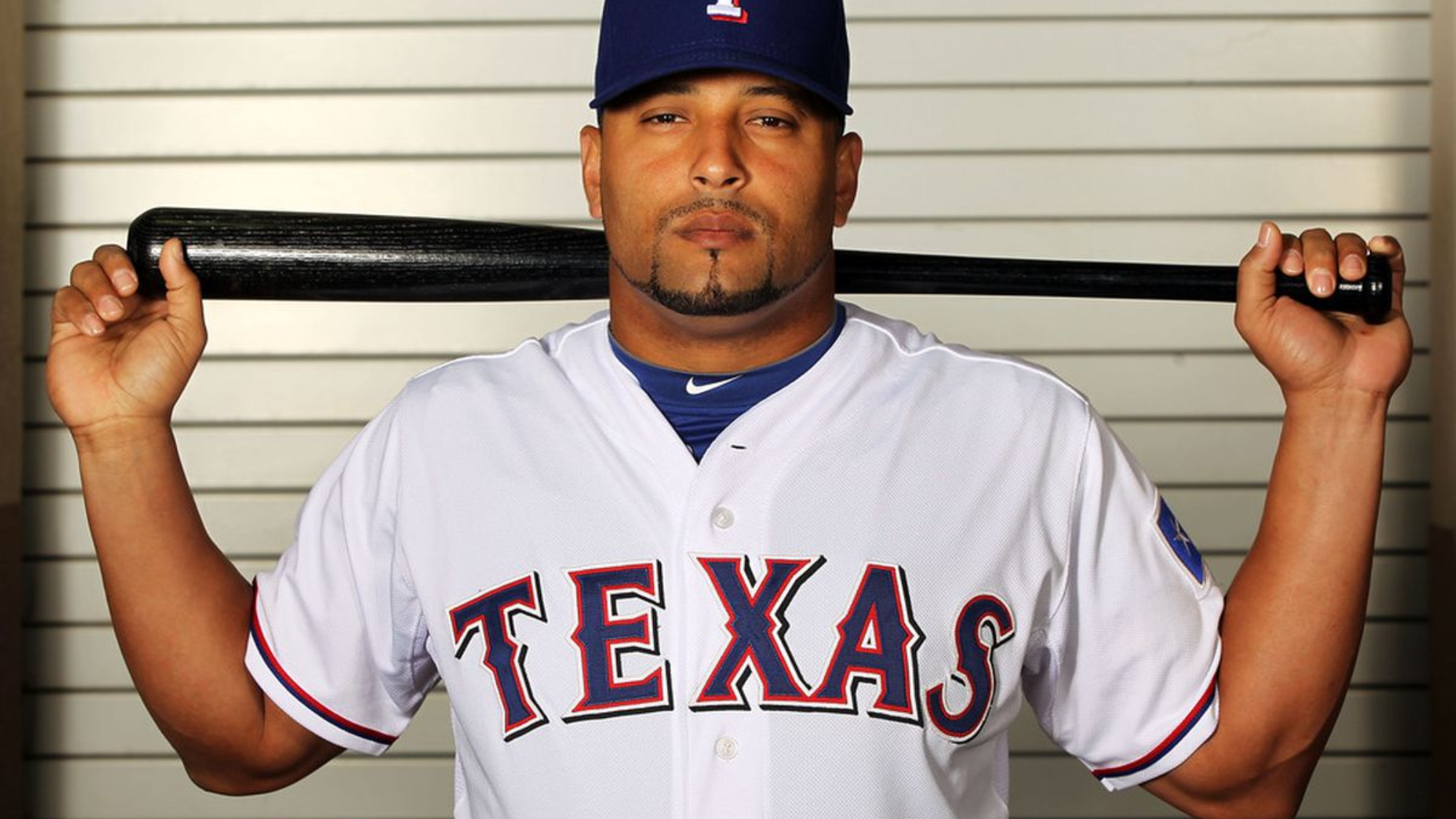
Yorvit Torrealba was never a superstar, but he was a steady, dependable catcher who played an important role during the Colorado Rockies’ memorable 2007 World Series run.
Known for his calm demeanor, leadership, and defensive focus, Torrealba was a reliable game-caller and handled pitching staffs with care.
His ability to keep pitchers comfortable and guide them through high-pressure innings made him an asset to every team he played for.
19. Earle Combs
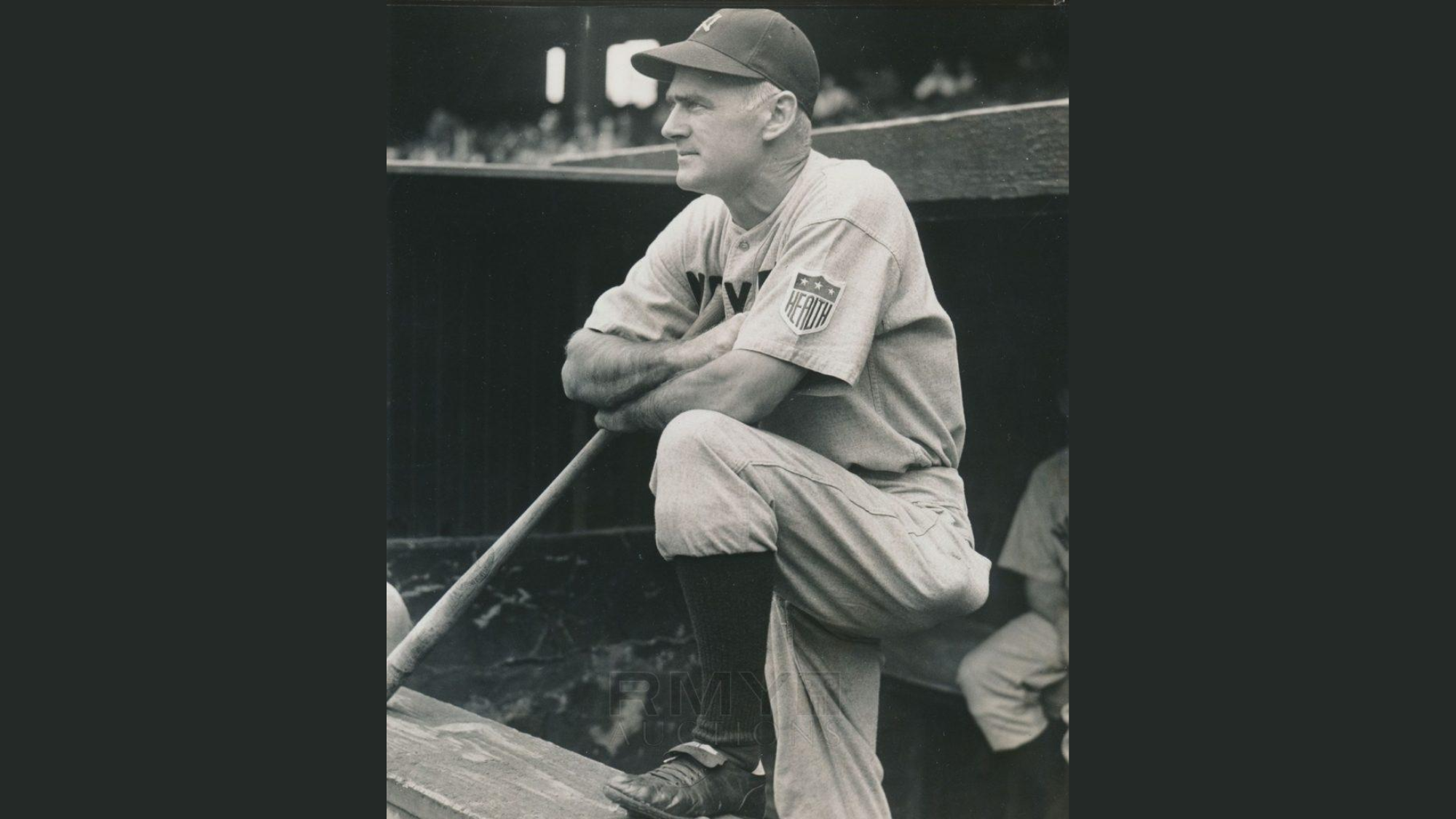
Though best known as a Hall of Fame center fielder for the New York Yankees during the 1920s and ’30s, Earle Combs began his baseball path with some experience behind the plate.
While his catching days were limited, his overall athleticism, speed, and baseball IQ made him a versatile player.
As the leadoff hitter for the legendary “Murderers’ Row” lineup, Combs helped the Yankees win five World Series titles.
20. Mike LaValliere
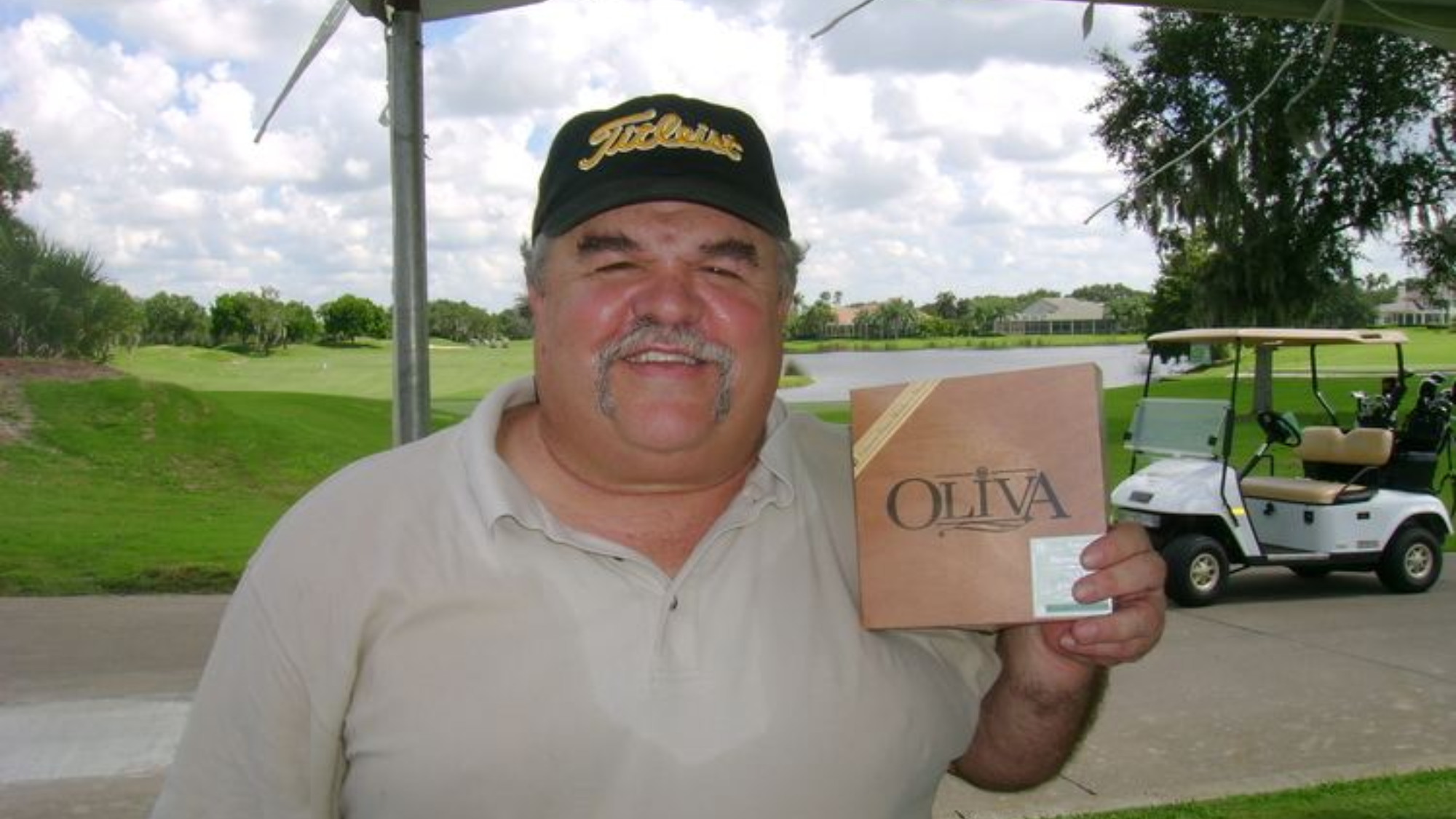
Mike “Spanky” LaValliere was a defensive force behind the plate, best known for his time with the Pittsburgh Pirates in the late 1980s and early 1990s.
He wasn’t a power hitter, but his glove work was second to none.
LaValliere excelled at blocking pitches, pitch framing, and controlling the running game.
Pitchers trusted him completely, and his ability to prevent passed balls made him a valuable everyday catcher.
21. Mickey Cochrane
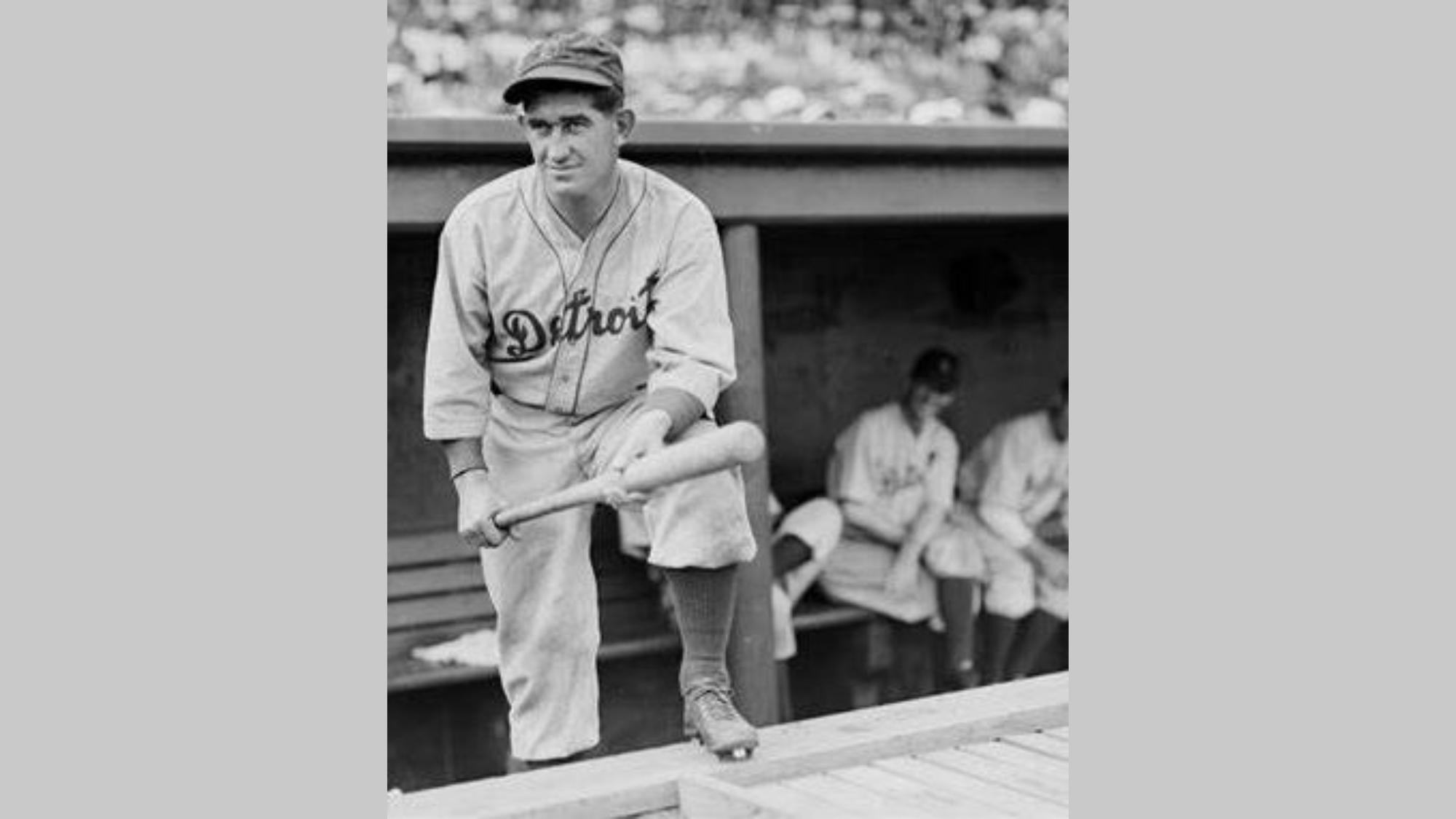
Mickey Cochrane was not only one of the greatest catchers of the early 20th century but also one of the smartest minds in baseball history.
Known for his leadership, Cochrane played for the Philadelphia Athletics and the Detroit Tigers, winning three World Series titles between the two teams.
As both catcher and player-manager, he commanded games with poise and intelligence. His career .320 batting average ranks among the best for catchers.
22. Ray Schalk
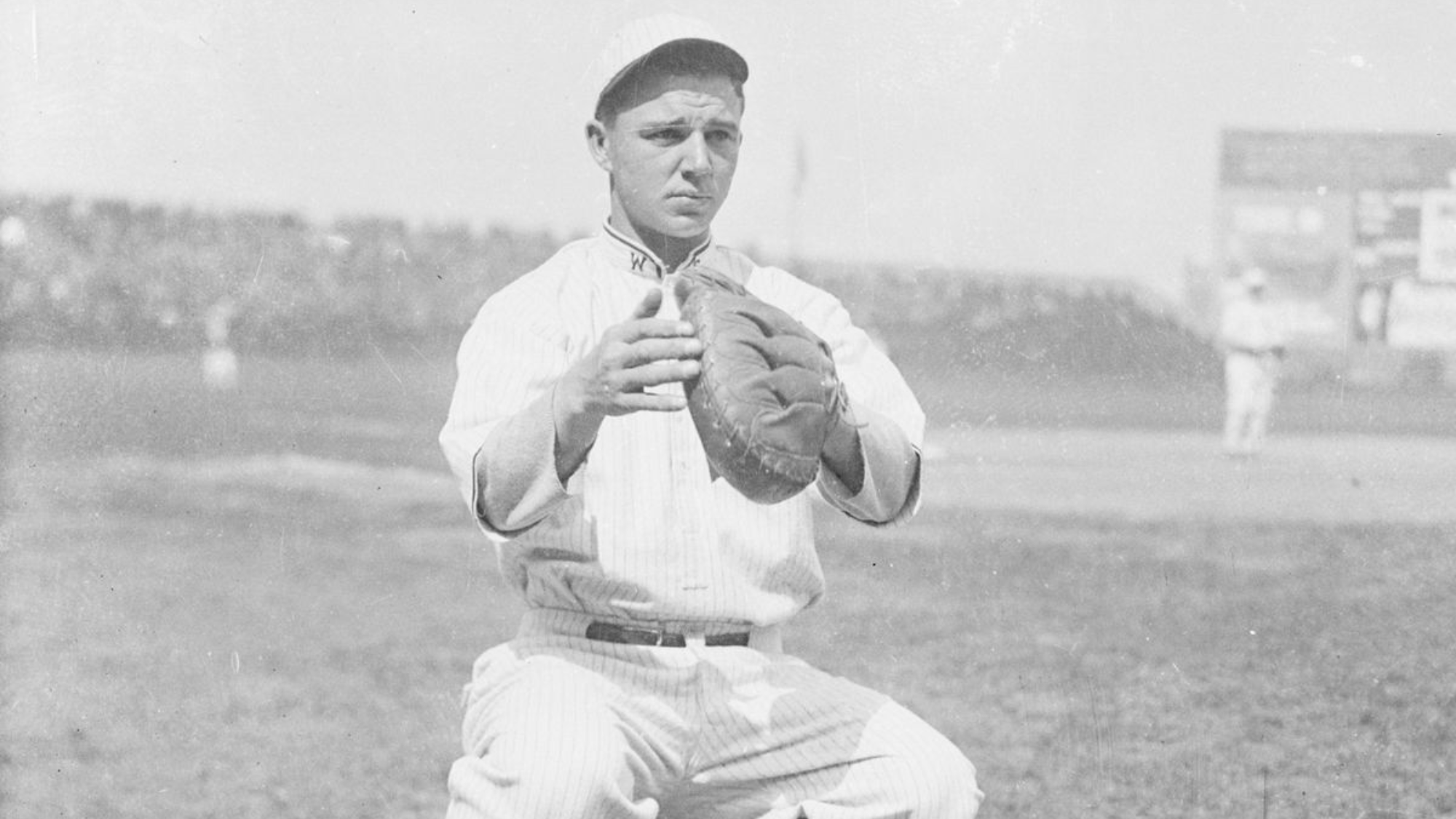
Ray Schalk was a defensive marvel during the dead-ball era and a standout for the Chicago White Sox.
He was known for his exceptional durability, game-calling instincts, and ability to control the field from behind the plate.
Despite being smaller than most catchers, Schalk played with fierce intensity and was often praised for his athletic blocking and hustle.
A key figure in early baseball history, he was elected to the Hall of Fame for redefining the role of the catcher as a defensive leader.
23. Carlos Ruiz
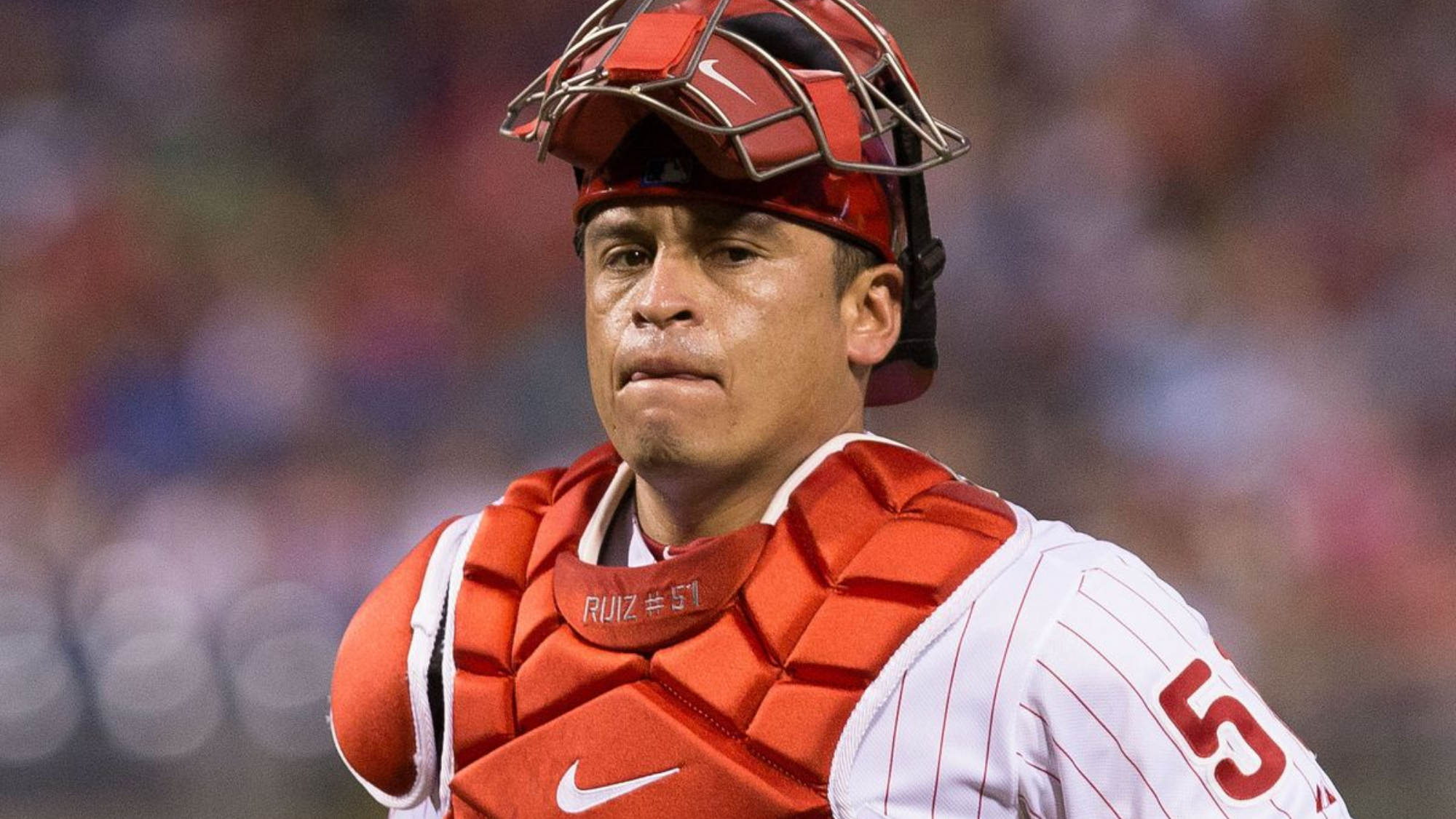
Affectionately known as “Chooch,” Carlos Ruiz became a fan favorite in Philadelphia for his calm leadership and clutch postseason performances.
As the catcher for the 2008 World Series champion Phillies, Ruiz was instrumental in guiding their talented pitching staff and coming up with big hits in key moments.
He was a strong defender with soft hands, excellent pitch framing, and a knack for calling the right game.
24. Bob Boone
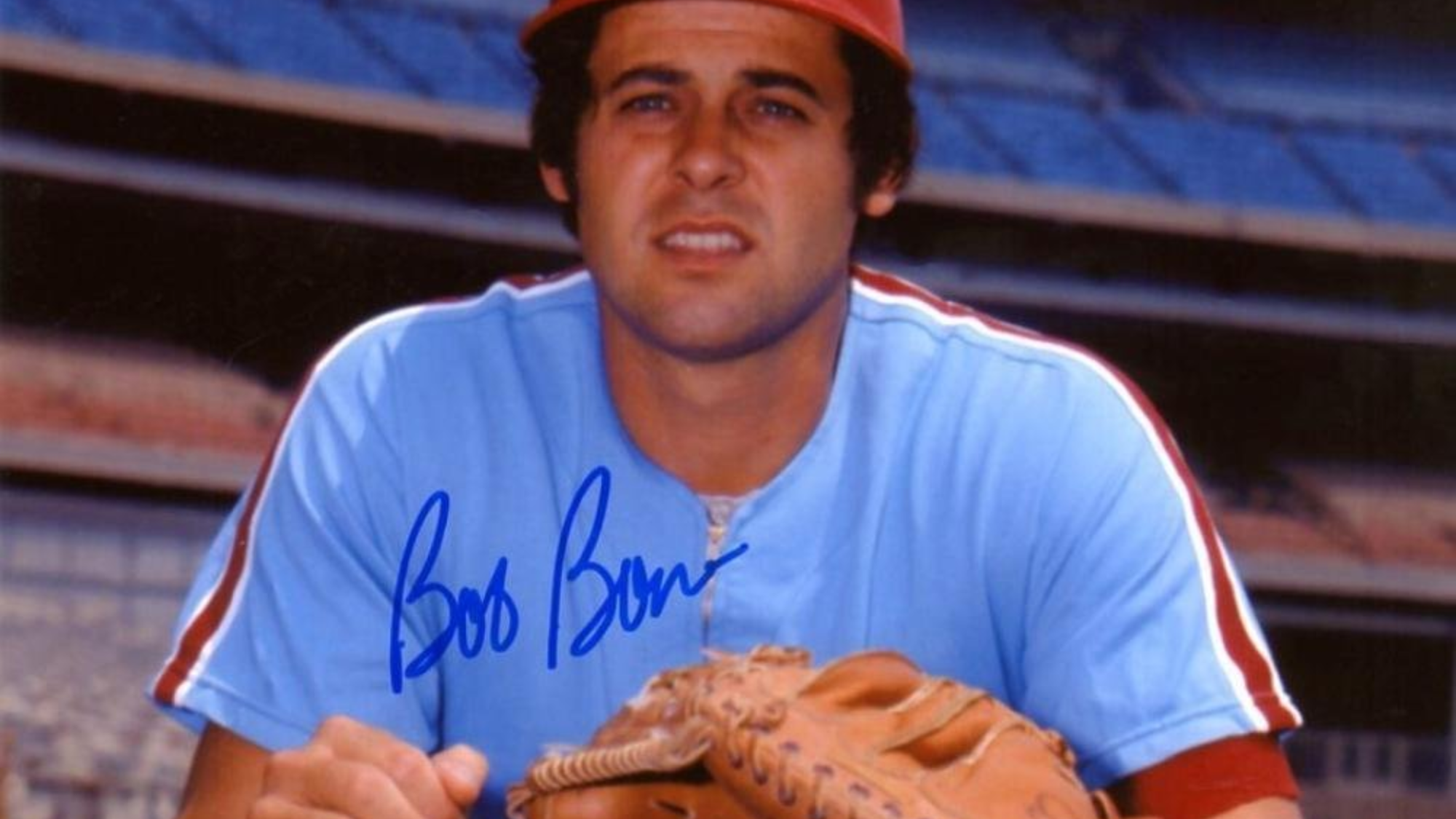
Bob Boone was a durable and respected backstop who played 19 MLB seasons with the Phillies, Angels, and Royals.
As part of the legendary Boone baseball family, Bob form out his legacy with precise game-calling, defensive excellence, and a work ethic that earned him four Gold Gloves.
Though never a major offensive force, his contributions as a catcher and leader made him a cornerstone player for nearly two decades.
25. Bill Freehan
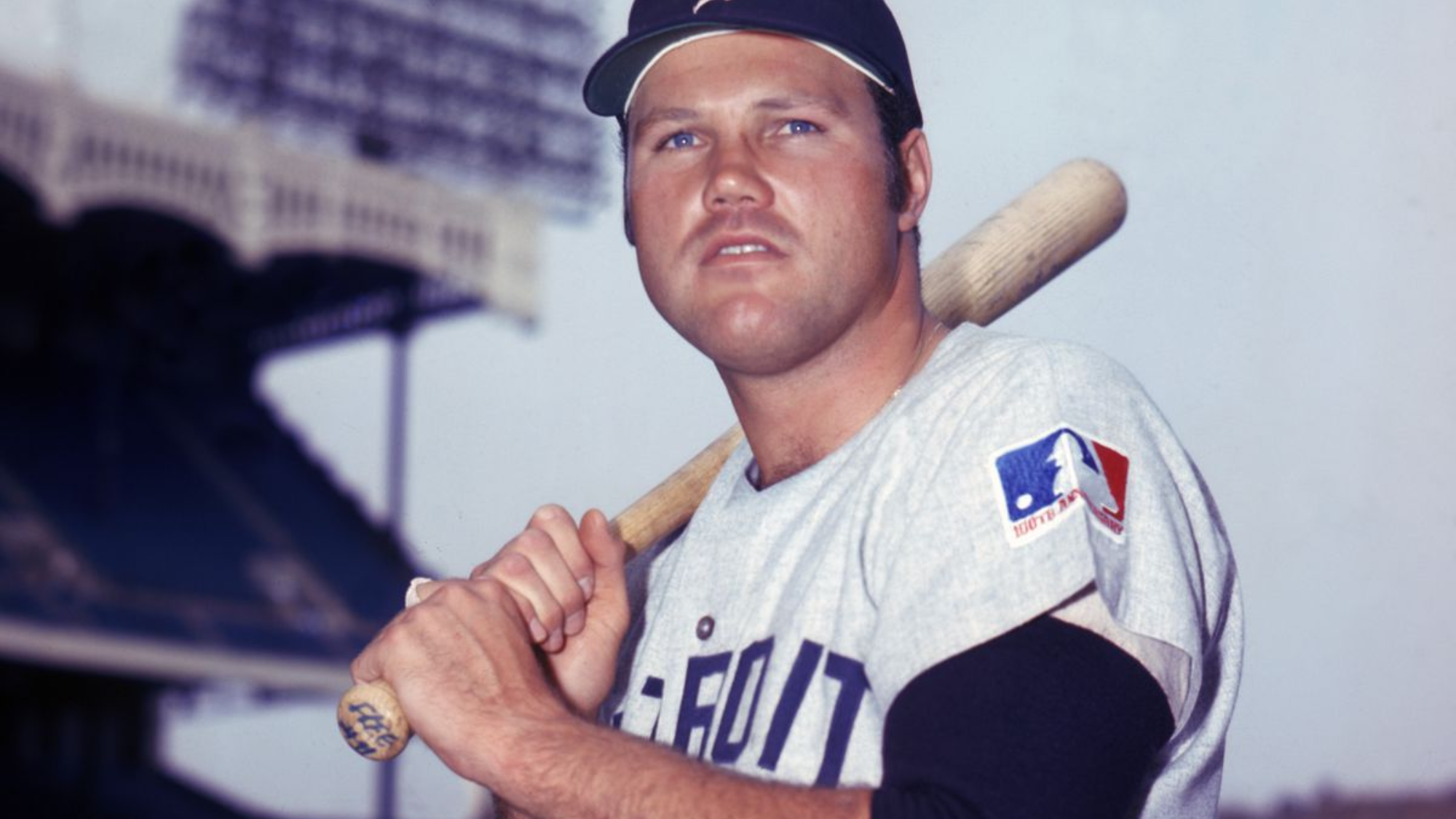
Bill Freehan was the backbone of the Detroit Tigers during the 1960s and early 1970s.
Known for his rock-solid defense and steady leadership, Freehan was selected to 11 All-Star teams and won five Gold Gloves.
He helped guide the Tigers to a World Series title in 1968 and was a consistent presence both at the plate and behind it.
26. Josh Gibson
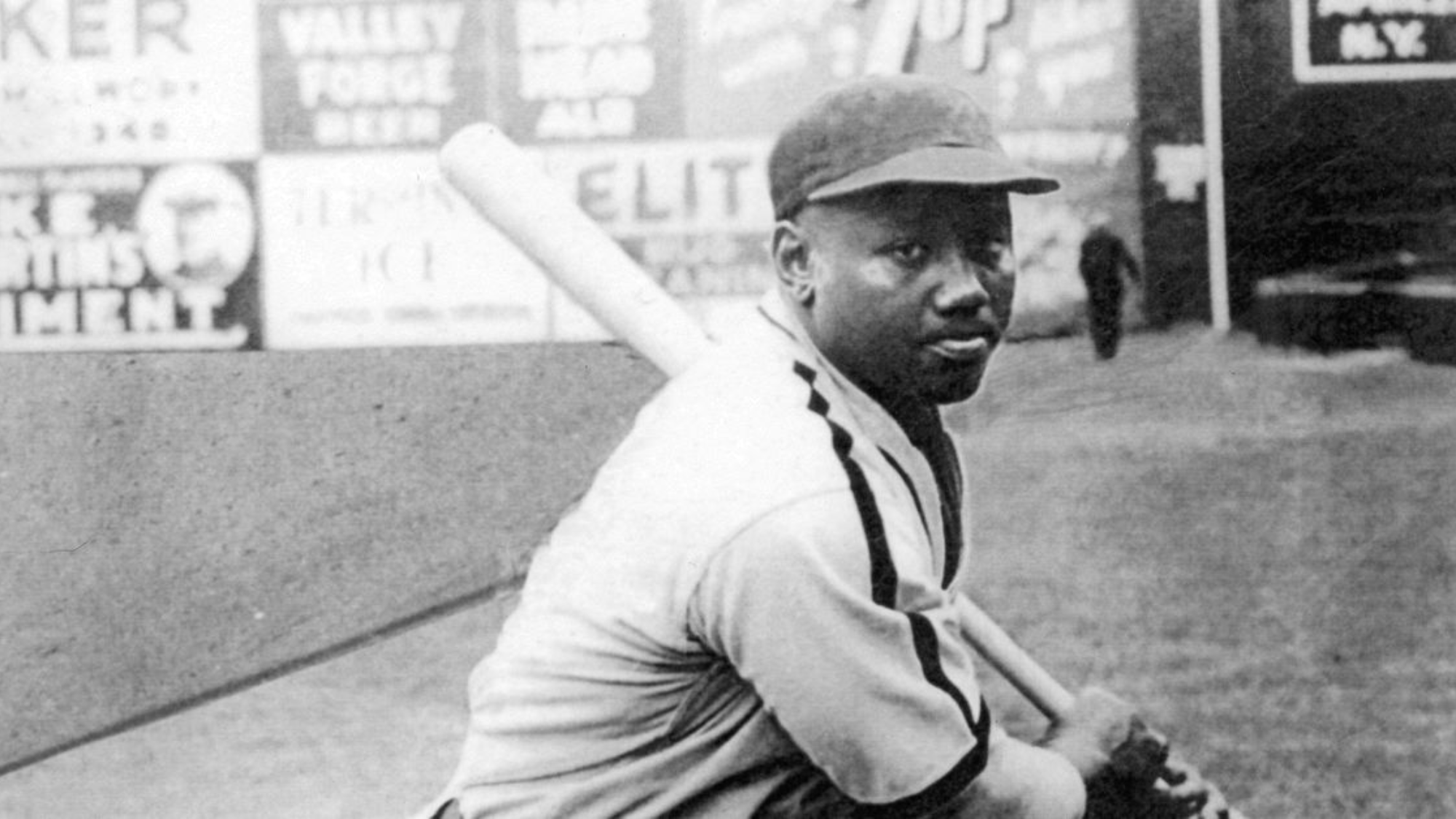
Josh Gibson is one of the most legendary figures in baseball history.
Often called “the Black Babe Ruth,” Gibson was a dominant force in the Negro Leagues during the 1930s and early 1940s.
Known for his unmatched power, he reportedly hit nearly 800 home runs in his career, many of them tape-measure shots that left fans in awe.
Gibson played with charisma and confidence, becoming a symbol of excellence and pride in an era of racial segregation.
27. Ted Kluszewski
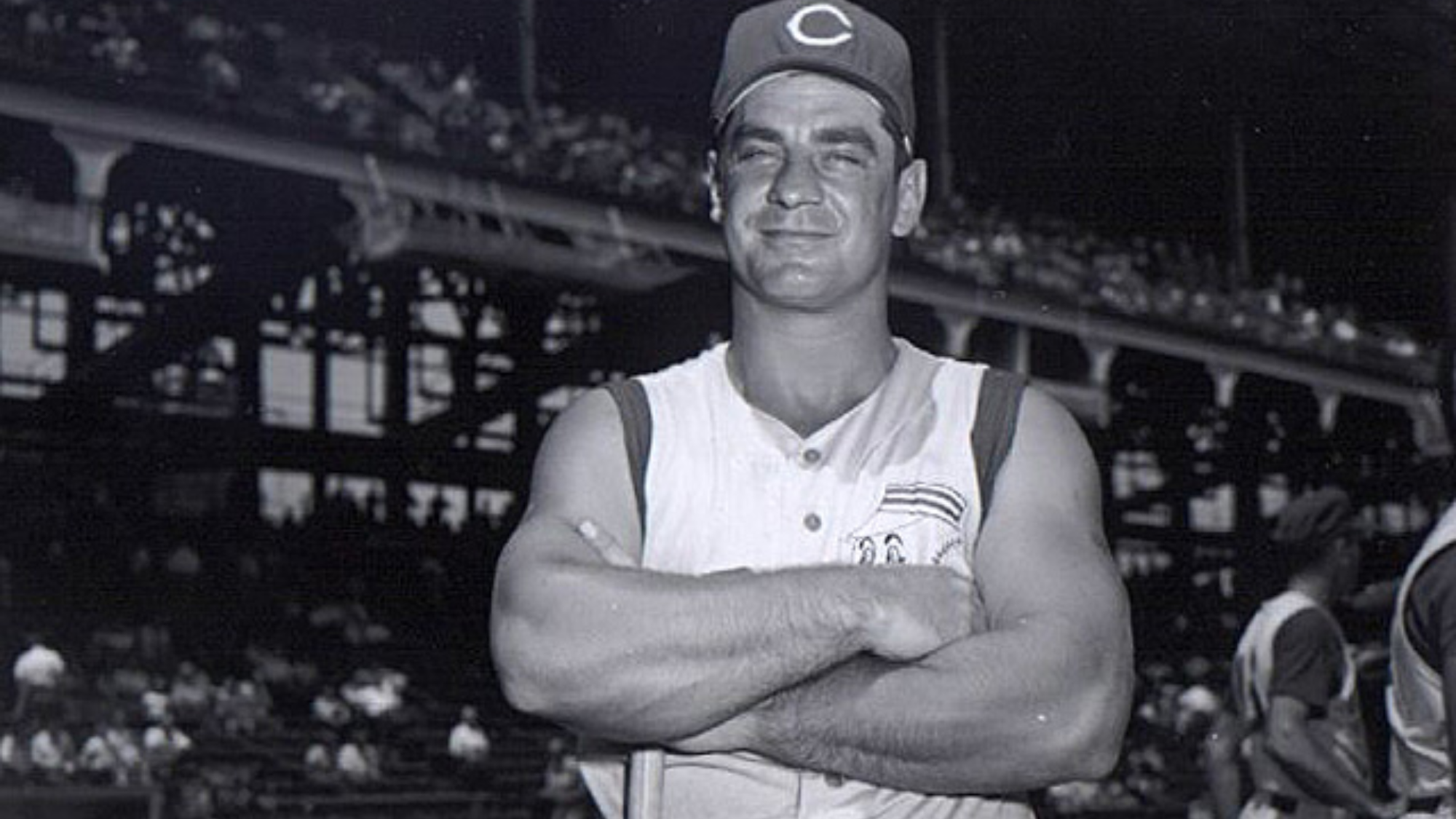
Though best remembered as a slugging first baseman for the Cincinnati Reds, Ted Kluszewski began his career as a catcher in the minors before moving permanently to first.
“Big Klu” became famous for his sleeveless jerseys and enormous biceps, which powered 40+ home run seasons.
He was known for his leadership, discipline at the plate, and team-first attitude.
Here’s a detailed video on all-time best catchers throughout the history, that you might love to check out:
Who is your pick for the greatest catcher ever? Did we miss anyone or get the rankings wrong?
Share your thoughts in the comments below!


